| I acknowledge and thank the Lkwungen People for allowing me to live, pray, work, and play on their lands. I am deeply sorry for the injustices inflicted upon the First Nations, Inuit and Métis peoples in Turtle Island by the complicity of settlers and the Catholic Church in the colonialism inherent in the Indian Act and Residential Schools including racism, neglect, many forms of abuse & cultural genocide. |
LAUDATO SI’ 16: “EVERYTHING IS CONNECTED.”
As a Canadian I’ll start with Justice.
1. JUSTICE - POPE’S APOLOGY TO
CANADA’S FIRST NATIONS, INUIT & MÉTIS
Ephesians 5:8-9: “Live as children of light. Light produces goodness, justice & truth.”
Hallelujah! Hallelujah! Hallelujah!
Pope Francis met with all three indigenous delegations 1 April 2022. He told those present that he had listened to their stories. By doing this, the Pope said, he was able to enter into and be deeply grieved by the stories of the suffering, hardship, discrimination and various forms of abuse that some of them experienced, particularly in the residential schools. Excerpts from his apology follow: “For the deplorable conduct of those members of the Catholic Church, I ask for God's forgiveness and I want to say to you with all my heart: I am very sorry. And I join my brothers, the Canadian bishops, in asking your pardon.”
“It is chilling to think of determined efforts to instill a sense of inferiority, to rob people of their cultural identity, to sever their roots, and to consider all the personal and social effects that this continues to entail: unresolved traumas that have become intergenerational traumas,” “Without real indignation, without historical memory and without a commitment to learning from past mistakes, problems remain unresolved and keep coming back. We can see this these days in the case of war. The memory of the past must never be sacrificed at the altar of alleged progress."
The Pope added that he felt shame “for the role that a number of Catholics, particularly those with educational responsibilities, have had in all these things that wounded you, in the abuses you suffered and in the lack of respect shown for your identity, your culture and even your spiritual values.” He said he hoped to visit Canada in July for the pilgrimage to Lac Ste Anne in Alberta 25-28 July 2022. Lac Ste. Anne was first called Wakamne (God's Lake) by the Nakota Sioux and Manitou Sakhahigan (Lake of the Spirit) by the Cree before the arrival of the settlers. A priest named Lestanc organized the first pilgrimage to Lac Ste. Anne in 1889 in honour of Saint Anne, whose feast day is on July 26. Thirty to forty thousand people now attend the annual pilgrimage.
(Amber Bracken for The New York Times/World Press Photo via AP)
| Creator: Andrej Ivanov | Credit: AFP | Protester pictured in Montreal, February, 2022. UNITED NATIONS, April 7 (Reuters) - The United Nations General Assembly on Thursday suspended Russia from the U.N. Human Rights Council over reports of "gross and systematic violations and abuses of human rights" in Ukraine, prompting Moscow to announce it was quitting the body. The U.S.-led push garnered 93 votes in favor, while 24 countries voted no and 58 countries abstained. That’s a lot of complicity (82)! Silence is complicity! |
The atrocities revealed in Mariupol and after Russian withdrawal from Bucha and Borodyanka, to name just one town and a village, and also the ‘monstrous’ war crime of the Kramatorsk railway station missile attack have been denied by Russia which says they were committed by Ukrainians against their own people! Not that informed people would believe that stupidity and the satellite evidence and evidence from a rocket shot down contradicts such Russian claims.
W.D. Auden wrote this after the Soviet Union’s takeover of Czechoslovakia in 1968:
“The ogre does what ogres can, Deeds quite impossible for man, But one prize is beyond his reach: The ogre cannot master speech. Across a subjugated plain, Among its desperate and slain, The ogre strolls with hands on hips, While drivel gushes from his lips.”
Reminds me of … I’m sure you know who! Talking about drivel, sad to say in the USA the Republican G.O.P.'s Putin Wing includes supporters of Putin. Just click on this link. Unbelievable! (There may also be Canadian supporters). And in Europe there is Viktor Orbán, Hungary’s Prime Minister and in France Marine Le Pen.
As of 22 March The Economist reported
“More than 15,000 Russians have been arrested in anti-war protests”
| Protester Marina Ovsyannikova with 'NO WAR' sign disrupts Russian state TV news broadcast 14 March 2022. The sign, in English and Russian, read: "NO WAR. Stop the war. Don't believe propaganda. They are lying to you here." Another phrase, which looked like "Russians against war," was partly obscured. - wikipedia |
Killing a tyrant, i.e. Tyrannicide, has had support from various philosophers and theologians through the centuries, including the ancient Greeks and Romans, most notably Cicero; Catholics, most notably John of Salisbury (d. 1180) Jean Petit (d. 1411), and Suarez (d. 1617); and Protestants, most notably, Luther, Melanchthon, Zwingli, and Calvin. The Catholic St. Thomas Aquinas gave the most substantial argument for tyrannicide. He based his position on his arguments for just war and capital punishment. St. Thomas concluded, "He who kills a tyrant (i.e. an usurper) to free his country is praised and rewarded" (In 2 Sentences, 44.2.2). It has long been known that Pope Pius XII was complicit in a variety of plots, initiated by patriotic, anti-Nazi Germans, to assassinate Hitler and replace the Nazi regime with a government that would make peace with the Allies. Food for thought given the war crimes in Ukraine?
Putin loves to evoke the family to describe the relationship. This closeness has been greatly exaggerated by Moscow, and in fact they are all quite different. … the Russian language is not Russia’s property; it’s merely a means of communication. Speaking French in Geneva doesn’t make you French, speaking German in Zurich doesn’t make you German – you remain Swiss. [Welsh, Scottish and Irish speak English but that does not make them English!] As an example, according to the 2001 census, Russian is the main language of 74.9% of residents in Donetsk Oblast [Region] and 68.8% in Luhansk Oblast even though ethnic Ukrainians form 58% of the population of Luhansk Oblast and 56.9% of Donetsk Oblast.
In 2022, paying his debts to Putin, Lukashenko turned Belarus into an aggressor, leaving his own people completely bewildered. ‘Ukraine did its best to escape the Soviet Union, Lukashenko deliberately returned to it.’
We see today: Zelenskiy proposes a dialogue, but Putin can’t listen to anyone else’s point of view. This is the difference between the countries: Russia likes monologue, Ukraine likes [dialogue] argument and Belarus likes silence.
Putin relies on Ukraine, Belarus and Russia all having their origins in a great ancient state, Kievan Rus, but that’s precisely where the schism begins: the Ukrainians see those times in a radically different way, rightly pointing out that it is their country that can claim its descent from Kievan Rus, since its capital was in what is now Ukraine. Putin calls everyone around him little brothers, not really understanding that no one wants to be a little brother. Putin insists on the fact that in the Russian empire, [and USSR] the Ukrainians and the Belarusians were not seen as separate peoples, and that’s where he makes a basic mistake, neglecting to ask whether they themselves saw themselves as such. Ukraine declared independence in 1917, but Putin isn’t bothered about that: his memory is selective, allowing him to remember just one thing: that Stalin got rid of Ukrainian national leaders. Moscow didn’t want to let its “children” go, perhaps unable to fully understand that those it had adopted many years ago weren’t even teenagers – they were grownups. But now, the Kremlin will never again be able to claim it is the head of the family.
Some historical background. Crimea became part of Ukraine in 1954 when the Soviet government transferred Crimea from the Russian Soviet Federation of Socialist Republics (RSFSR) to the Ukrainian Soviet Socialist Republic (Ukr SSR). This in spite of the fact that the population of Crimea — approximately 1.1 million — was then roughly 75 percent ethnic Russian and 25 percent Ukrainian. Communist Party of the Soviet Union First Secretary Nikita Khrushchev [a Ukrainian] saw the transfer as a way of fortifying and perpetuating Soviet control over Ukraine after the post WWII the civil war in Ukraine had finally been won. Some 860,000 ethnic Russians would be joining the already large Russian minority in Ukraine.
The legal system in the Soviet Union was mostly a fiction, but the transfer did occur in accordance with the rules in effect at the time. Moreover, regardless of how the transfer was carried out, the Russian Federation expressly accepted Ukraine’s 1991 borders both in the December 1991 Belovezhskaya Pushcha accords (the agreements that precipitated and codified the dissolution of the Soviet Union) and in the December 1994 Budapest Memorandum that finalized Ukraine’s status as a non-nuclear weapons state.
In early 1991, after a referendum was held in the Ukrainian SSR and a resolution was adopted a month later by the Ukrainian SSR parliament, the status of Crimea was upgraded to that of an “autonomous republic.” Crimea retained that designation within Ukraine after the Soviet Union broke apart.
Russia illegally annexed Crimea in 2014 even though Russia had no legal right to own Crimea and actually signed an international treaty, after the fall of Communism but before Vladimir Putin came to power, accepting that Crimea was part of Ukraine. Under the USSR the Donbas and Luhansk were part of Ukraine; but they declared independence as separate Peoples Republics in 2014. As mentioned previously, according to the 2001 census, ethnic Ukrainians form 58% of the population of Luhansk Oblast and 56.9% of Donetsk Oblast. Ethnic Russians form the largest minority, accounting for 39% and 38.2% of the two oblasts respectively.[87] Modern Donbas is a predominately Russophone region. As mentioned previously, according to the 2001 census, Russian is the main language of 74.9% of residents in Donetsk Oblast and 68.8% in Luhansk Oblast.[88] The proportion of native Russian-speakers is higher than ethnic Russians because some ethnic Ukrainians and other nationalities also indicate Russian as their mother tongue. But that does not necessarily mean they want to live under Russian rule. To what extent the separation is a result of Russian mercenaries and forced persuasion is a matter of debate.
So now let me, as a Franciscan, return to the language of the Gospel. “While God also bore witness by signs and wonders and various miracles and by gifts of the Holy Spirit distributed according to his will.” (Luke 17:11-19) “I am the LORD, the God of all mankind. Is anything too hard for me?” (Jeremiah 32:27). Let us pray for miracles in Ukraine because that is what we need (and elsewhere also).
If only Kirill and Putin would not just use the words of Jesus but act on them!
But let me as a Secular Franciscan with an interest in Christianity, geography, history and geo-politics, speak in political & historical terms. I wonder how two ex-KGB men talk about Jesus?
Pius XII issued his Encyclical Orientales omnes: of December 23, 1945. In it the Pope not only condemned Communism; he openly and specifically attacked Moscow Patriarch Alexis II. "The situation got worse March 8-10, 1946, when Soviet authorities forcibly convened an assembly of 216 priests and the so-called Synod of Lvov was held, at which the Ukrainian Greek Catholic Church was forcibly ‘reunited’ to the Russian Orthodox Church and forced to revoke its union with Rome. The UGCC first became a ‘Church of Silence,’ then a ‘Church of Martyrs,’ as many Ukrainian Catholics who were imprisoned by the communists were tortured and/or murdered.” (Ibid., English ed., p. 91)
Pacepa confirms that “patriarch” Alexis was also a KGB agent: “On December 5, 2008, Alexis II, the 15th Patriarch of Moscow of All Russia and the Primate of the Russian Orthodox Church, died. He had worked for the KGB under the code-name of Drozdov and was awarded the KGB Certificate of Honor, as was revealed in a KGB archive accidentally left behind in Estonia when the Russians pulled out of it. For the first time in history, Russia had the opportunity to conduct the democratic election of a new patriarch, but that was not to be.
"In 1971, the KGB had sent Kirill [code name “Mikhailov”] to Geneva as the representative of the Russian Orthodox Church to that Soviet propaganda machine that was the World Council of Churches. In 1975, the KGB infiltrated Kirill into the Central Committee of the WCC, which had become a Kremlin pawn. In 1989, the KGB appointed him chairman of the Russian patriarchate’s foreign relations as well. He still held those positions when he was elected patriarch.” This Kirill is now the Patriarch of Moscow of All Russia and the Primate of the Russian Orthodox Church.
So if Kirill and Putin talk religion it is not in any way we would understand it to lead to concrete action for peace. After all they do not even call it a war and deny evidence of war crimes that came to light after Russian withdrawal north west of Kyiv. Prussian Major-General Von Clauswitz (who served in the Russian–German Legion during the Napoleonic War) famously said: "War is the continuation of [diplomatic] policy with other means."
Problem with Kirill and Putin is that their word is not trustworthy nor do they accept that Ukraine is an independent nation and is no longer part of a Russian Empire or USSR regardless of close historical and many family links and Russian speakers in Ukraine (including Ukrainian President Zelensky whose first language was Russian).
Putin pretends Ukraine is threat to Russia which is part of his disinformation and twisted interpretation of history. After independence upon breakup of the USSR, Ukraine voluntarily gave up nuclear weapons.
So why would Ukraine want to join NATO? Ukraine saw what happened to Chechnya, Georgia, and Syria from Russian military action. Destruction, obliteration and death to civilians as part of deliberate policy. Do you think Putin would have dared to invade Ukraine if it had become a member of NATO?
The Pope was silent at first: reluctant to name Putin and “war” in Ukraine. He now clearly alludes to Putin and does call the invasion a war.
VALLETTA, April 2 (Reuters) - Pope Francis said on Saturday he was considering a trip to Kyiv and implicitly criticised Russian President Vladimir Putin over the invasion of Ukraine, saying a "potentate" was fomenting conflict for nationalist interests. Francis made the comments, first to reporters on the plane taking him to Malta for a two-day visit, and then in a hard-hitting speech in the island's presidential palace that left little doubt who he was referring to.
"From the east of Europe, from the land of the sunrise, the dark shadows of war have now spread. We had thought that invasions of other countries, savage street fighting and atomic threats were grim memories of a distant past," the pope said.
Moscow denies targeting civilians in the action it launched on Feb. 24, which it dubs a "special military operation" designed not to occupy territory but to demilitarise and "denazify" its neighbour. Francis has already rejected that terminology, calling it a war.
The Pope’s reticence was not shared by the head of the Ukrainian Greek Catholic Church, who has been emphatic in his daily denunciations of the Russian invasion. Nor has it been shared by Polish bishops, who are now helping to mobilize the reception of tens of thousands of Ukrainian refugees who have crossed the border. “I ask you, Brother, to appeal to Vladimir Putin to stop the senseless warfare against the Ukrainian people,” Polish Bishop Gadecki said in his letter to Kirill. “I ask you in the most humble way to call for the withdrawal of the Russian troops from the sovereign state that is Ukraine.”
“I also ask you to appeal to Russian soldiers not to take part in this unjust war, to refuse to carry out orders which, as we have already seen, lead to many war crimes,” he added. “Refusing to follow orders in such a situation is a moral obligation.”
[St Oscar Romero said the same thing for which he paid with his life. 23 March 1980, in his homily Romero ordered the army to stop killing people: "Brothers," he said, "you are all killing your fellow countrymen. No soldier has to obey an immoral order. It is time to regain your conscience. In the name of God and in the name of the suffering people I implore you, I beg you, I order you, stop the repression." The next day, a shot killed Romero, aged 62, as he said Mass.]
IN THE WORDS OF THE PRAYER OF ST FRANCIS (SO CALLED EVEN THOUGH HE DID NOT WRITE IT), “WE SEEK TO UNDERSTAND.”
A look further back into Russian history is required to appreciate the sense of destiny that drives Vladimir Putin, with his purposefulness rooted in ages-old Ukrainian-Russian dynamics. …At the beginning of the war Patriarch Kirill, the leader of the Russian Orthodox Church, gave a sermon in which he emphasized the God-given unity of Ukraine and Russia; he also denounced the “evil forces” in Ukraine that are out to destroy this unity. Last Sunday (March 6) he sounded even less conciliatory. Invoking the intercession of two of medieval Russia’s most important saints, “Holy Prince Vladimir” and Sergei of Radonezh, he called on God to “prohibit and overturn the designs of the foreign pagans [sic] who want war and are gathering troops against Holy Russia.” …
But much more is at stake than the liberation of the oppressed Russians, [in the Donbas] he said: the salvation of mankind — people are weak and no longer following God’s Law, they are no longer hearing His Word and His Gospel, they are blind to the Light of Christ. The future of human civilization itself is at stake; then the patriarch went into an angry tirade against gay parades … which he characterized as a great sin against God. In fact, he said, participation in such parades demonstrates a clear denial of God and His Truth. This is how Kirill speaks; he appears to believe that Orthodox Russia, or Holy Russia as he calls it, is engaged in an apocalyptical struggle with the Godless West about the future of mankind. In fact, in last Sunday’s sermon he invoked the Last Judgement and the Day of Reckoning. …It is stunning to see that the patriarch has remained completely passive although representatives of western churches have repeatedly called on him to speak to Putin (most recently the papal nuncio). A petition by more than 150 Russian Orthodox priests and monks calling on Kirill to denounce the war has also remained unanswered. …
The Russian Orthodox Church is providing much of the symbolism and ideology that Putin has used to cement his popularity. …Putin has been flaunting his religious faith; he is often seen on television praying, crossing himself, kissing icons, and lighting candles. Priests have held ceremonies to bless Putin, and Patriarch Kirill has called Putin “a miracle of God.” Putin’s Orthodoxy is less about spirituality and faith than about religious performance. It derives from the Kremlin’s mythologization of Russia’s historical past. One of Putin’s first acts was to convince the church to canonize the last Romanov tsar and his family; and clearly the empire created by Peter the Great is very much on Putin’s mind. …
Putin is, of course, not the first 20th century Russian ruler for whom medieval Russia was important. Stalin initiated two of the Soviet Union’s largest film projects about medieval figures. The great filmmaker Sergei Eisenstein was commissioned to make films about Prince Alexander Nevsky and Tsar Ivan the Terrible; these are clearly propaganda films but nevertheless masterpieces of world cinema …
Both Nevsky and Ivan are portrayed as heroic military figures who destroyed foreign invaders and occupiers of the Russian lands. Nevsky supposedly defeated the Teutonic knights who are said to have invaded Russia in the 13th century. A famous line from the film reads something like “who comes to Russia with the sword will perish by the sword.” And when Alexander leads his troops into battle against the Germans the battle cry was “Za Rus’” (“For Russia”). [This is why “Z” has become a symbol for the Russian forces and their supporters although the letter “Z” does not exist in the Cyrillic alphabet]. The film was completed before the Hitler-Stalin pact of August 1939 and it was immediately shelved. However, when the Germans invaded in June 1941, the film became a blockbuster watched by millions of Russians, …Alexander Nevsky is not only one of Russia’s greatest national heroes but also among its most important saints. Why did Alexander become a saint? For two reasons: first, for defending Russia against the perceived onslaught of the Catholic church; the Teutonic knights were after all a crusading order. Second and perhaps more importantly, for giving Metropolitan Kirill of Kiev, the head of the Orthodox Church, a new home after he had been expelled from Kiev by the Mongols. He thus facilitated — so goes the common nationalist narrative — the migration of Holy Russia from Kiev to Moscow. …
A close look at Patriarch Kirill’s choice of words during his Sunday sermon reveals that he equates “Holy Russia” with “Holy Rus’’ (Sviataia Rus’). The medieval state of Rus’ was founded in the 9th century by Vikings to control trade routes connecting Scandinavia with the Byzantine Empire (Constantinople) and the Abbasid Empire in the Middle East (Baghdad). The capital of this Viking state was Kiev; in the year 988 the ruler of Kievan Rus’, the Viking Prince Woldemar, converted to Eastern Orthodoxy on Crimea and adopted the Christian name Vladimir. He later was made a saint for this act. According to the now-dominant Russian nationalist view, Vladimir was the founding father of the first Russian state and the Russian Orthodox Church. State and church formed a productive symbiosis and Kiev became the cradle of Russian civilization. The destruction of Rus’ by the Mongols in the 13th century was a world historical tragedy, but the legacy survived in Moscow where the descendants of Vladimir established a second Russian state—the core of the future Russian Empire. This is how the nationalist narrative presents the Kievan past and its legacy; there is no room for Ukrainians in this narrative. …
Putin considers Vladimir “the savior of Russia” and has promoted the cult of Vladimir. To him Kiev and Crimea, where Vladimir was baptized, are “sacred Russian lands.” …
The glorification of Russia’s holiness is not new; in fact, the ideology of Russia’s sacred mission in the world was developed in the 19th century. Dostoevsky was only one of many so-called Slavophile thinkers who developed concepts like Russian spirit, Russian soul, and Russian God to differentiate the Russian Orthodox nation from the liberal and secular nations that “were rearing their ugly heads” in France, Germany, Hungary, Spain, and Poland in the aftermath of the Napoleonic wars. …
I am surprised that the Western press has not covered Putin's rapture with the Russian Orthodox Church and religion, especially the myths of Holy Russia and St. Vladimir. In my opinion, these and similar historical myths are crucial underpinnings of Russia’s conflict with Ukraine. They provide the basic elements for what the American historian Richard Hofstadter has called “a paranoid style.”
Russian leaders are convinced that the West has long been conspiring against Russia by coopting Ukraine. And not surprisingly, the war in Ukraine is assuming the proportions of an apocalyptic battle between absolute good and absolute evil; it is in-line with Putin’s reading of Russian history, a reading that emphasizes the perpetual fight against foreign intruders (Mongols, Lithuanians, Poles, Swedes, French, and Germans). The Russian Orthodox Church is seen as absolutely crucial in the defense of the threatened and victimized Russian nation. The collective memory of these century-old struggles emphasized in Russian school curricula provides an explosive legacy. …
Ukraine is different from the other territories lost in what Putin describes as the greatest catastrophe of the 20th century, that is, the collapse of the Soviet Union. The unravelling of the USSR began with Ukraine’s declaration of independence on Dec. 1, 1991. There is also a long history of independence in Ukraine that started with the Cossack revolts of the 17th century and culminated in the establishment of an independent Ukrainian nation state in January 1918. Russian tsars and church leaders have therefore fought the idea of a Ukrainian nation for centuries and Orthodox Russian nationalism was one of the principal instruments to keep Ukrainians in check.
The annexation of Ukraine from Poland began with the elimination of the independent Metropolitan, See of Kyiv, in 1686 and the takeover of Kyivan Rus’ principal monasteries and holy sites by the Moscow patriarchate. During the next 200 years, the Russian church acted in unison with the imperial government to secure Ukraine (which was incidentally renamed “Little Russia”). This was considered vital for the survival of the Russian empire because many Ukrainians lived just across the borders in Catholic Poland and later in the Habsburg Empire. …
In general, there is very little indication that Patriarch Kirill has ever seriously disagreed with Putin; in fact, the two seem to get along very well. Putin attends Mass with the patriarch in Kremlin churches, visits monasteries with him, and takes his blessing. Almost 30 years ago, the well-known dissident priest Gleb Yakunin found evidence in the Secret Police archives that Kirill, like so many other Russian church hierarchs, rose to prominence because of his close affiliation with the KGB (now FSB). Thus, the patriarch likely shares a very similar career trajectory with Putin, who also rose to power through the KGB.
I don’t know how Putin reacted to the break-up of the Moscow patriarchate in Ukraine. I am not aware of any public statements by the Kremlin on this matter. But for Patriarch Kirill this is a matter of life and death. There have been until recently three different Orthodox churches in Ukraine, the Kyivan Patriarchate, the Ukrainian Autocephalous Orthodox Church and the Ukrainian Orthodox Church of the Moscow Patriarchate (note, I am leaving out the Ukrainian Greek Catholic Church, which follows the Orthodox rite but joined the Catholic Church in late 16th century). In 2018, the Autocephalous Church and the Kyivan Patriarchate were united and officially recognized as the only Ukrainian Orthodox Church by the ecumenical patriarch of Constantinople. In other words, almost 350 years of history were reversed; the Moscow Patriarchate’s claim to ecclesiastical jurisdiction over the Ukrainian lands was no longer recognized by the nominal head of the Eastern Orthodox churches. It seems that now the last vestiges of Moscow’s control over Ukrainian Orthodox clergy, parishes, and monasteries are disappearing. On the first day of the Russian invasion, Metropolitan Onufrii, the head of the Moscow Patriarchate’s Ukrainian Orthodox Church, declared his support for the Ukrainian army and Ukrainian sovereignty. He appealed to Patriarch Kirill and Putin to stop this fratricidal war: “War between Russia and Ukraine is like Cain killing Abel…it has no justification either with God or man.”
Evaluation of Russia by Finnish Intelligence Colonel (subtitles) | December 3, 2018 (60 mins)
Martti J. Kari (former intelligence colonel in the Finnish Defence Forces): Russian strategic culture - Why Russia does things the way it does?
Something else to think about: Ukraine needs charity & weapons
Foreign Minister Dmytro Kuleba told a Nato meeting Ukraine needs
“weapons, weapons, weapons”
The EU is paying 35 times as much for Russian fuel as it has given Ukraine for defense,
chief diplomat says
Josep Borrell told the European Parliament 6 April that since the invasion, the bloc had paid Russia 35 billion euros ($38 billion) for fuel and sent Ukraine 1 billion euros ($1.09 billion) to bolster its defense against Russia, the BBC reported.
| How Saint Javelin raised over $1m for Ukraine Bernd Debusmann Jr BBC News, Washington Christian Borys helped develop the unlikeliest of images - a rocket-armed saint. The image - known as "Saint Javelin" - depicts the Virgin Mary cradling a US-made FGM-148 Javelin anti-tank weapon The Toronto-based Mr Borys, 35, is no stranger to Ukraine and its people, and is of Ukrainian heritage. He does not take credit for the original concept behind Saint Javelin. |
Caritas Ukraine’s work first began in 1992, after Ukraine declared independence. It was set up by local Ukrainian Greek Catholic Church communities to distribute humanitarian assistance to poor families. Today, it works to coordinate the efforts of charitable organisations run by local Ukrainian Greek Catholic churches and to build cooperation with foreign Caritas chapters.
Caritas-Spes which means “Love-Hope” in Latin, is a charitable mission of the Roman Catholic Church in Ukraine. It was founded by the Roman Catholic Bishops of Ukraine in May 1995 and was later registered by the State Committee on Religious Issues in September 1996. Caritas was the first organisation to offer humanitarian assistance after Ukraine’s independence from the Soviet Union in 1991.
The two Caritas organisations are providing internally-displaced people on the move with essential information, food, drinking water and personal hygiene kits, as well as a safe and secure place to sleep, eat and wash themselves. Caritas staff and volunteers also provide safe transport for displaced families to reach their loved ones.
Another Catholic organisation helping in Ukraine is the Catholic Near East Welfare Association. As of 18 March, CNEWA Canada has raised over $1.16 million for Ukraine. Also, a generous family from Alberta matched donations up to $500,000.
IPCC's latest report on Mitigation of Climate Change was published on 4 April.
Emissions must peak by 2025 to limit global warming and reduce by 43% by 2030.
We need to cut fossil fuel use, transition to renewable energy at scale and invest in carbon dioxide removal.
And yet: Canada in deepwater: behind the Trudeau government’s approval of the Bay du Nord offshore oil development
Environment Minister Steven Guilbeault greenlit Newfoundland’s first deepwater oil and gas development project. Questions remain about how that decision was made. The Bay du Nord project proposes to extract up to one billion barrels of crude oil from the seabed about 500 kilometres northeast of St. John’s. There, in depths ranging from 300 metres to 1,200 metres, owners Equinor, of Norway, and Husky Energy (now owned by Cenovus), of Canada, hope to operate for up to 30 years. [N.B. Cenovus has substantial Chinese ownership]. In a decision released Wednesday, April 6, Guilbeault concluded Bay du Nord is “not likely to cause significant adverse environmental effects,” and will, therefore, move ahead. [Forgive me for sounding sceptical and suspecting gobbledygook.]
can help avert the climate crisis
Bailey said as the world reaches the edge of ecological collapse, it needed a workable alternative to this ‘universal consumer society’ in the next decade.
- Eat a largely plant-based diet, with healthy portions and no waste
- Buy no more than three new items of clothing per year
- Keep electrical products for at least seven years
- Take no more than one short haul flight every three years and one long haul flight every eight years
- Get rid of personal motor vehicles if you can – and if not keep hold of your existing vehicle for longer
How sad; they were warned but did not pay attention:
- European oil receipts boosting Putin’s war chest by $285m a day, study finds (The Guardian)
- How Europe is funding Putin’s war (Politico)
WAR - INEQUALITY : RUSSIA CAN ONLY AFFORD ITS WAR IN
UKRAINE BECAUSE BRITAIN HELPED RAISE THE CASH
by Oliver Bullough author of Butler to the World: How Britain Became the Servant of Tycoons, Tax Dodgers, Kleptocrats and Criminals
Powerpoint for the Way of the Cross can be found here to be Downloaded Here
And a final thought:


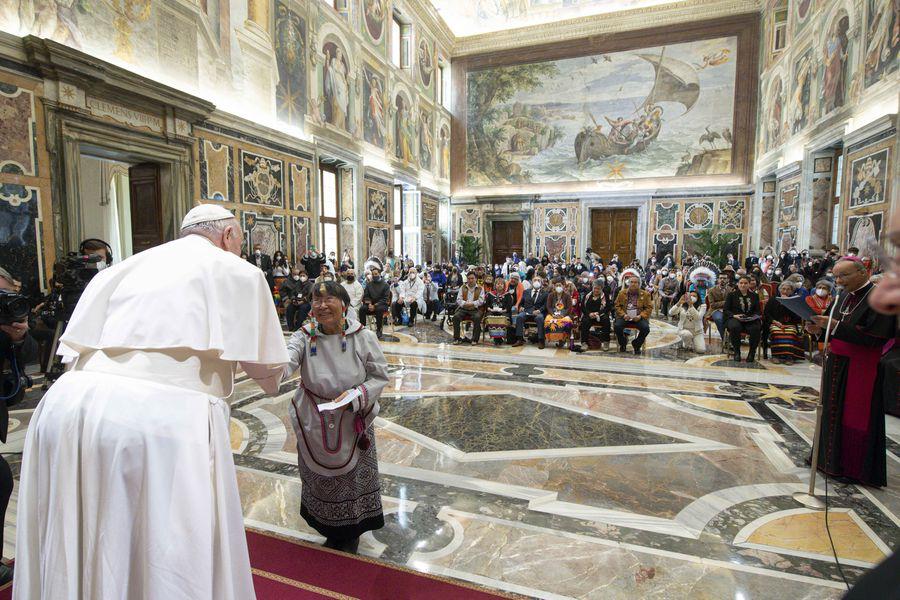
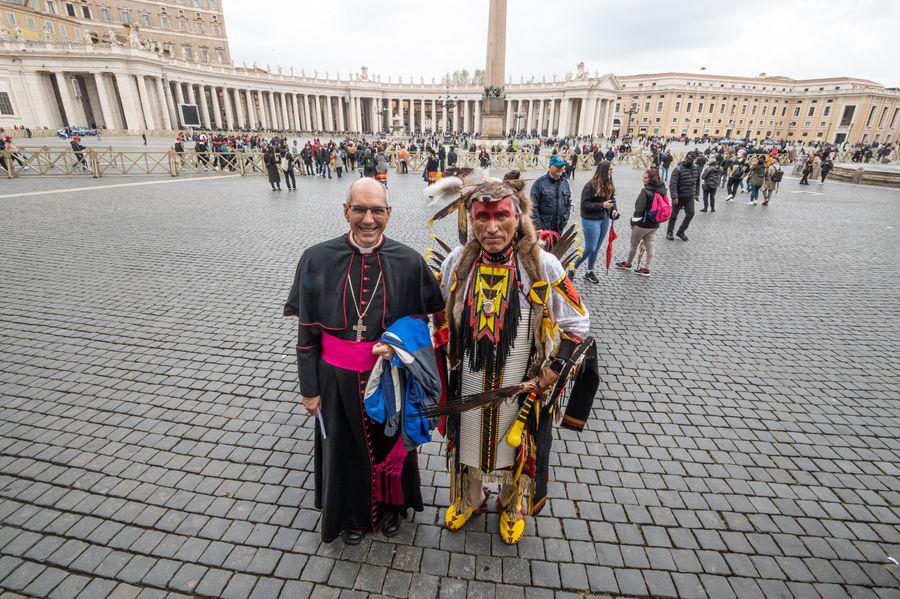
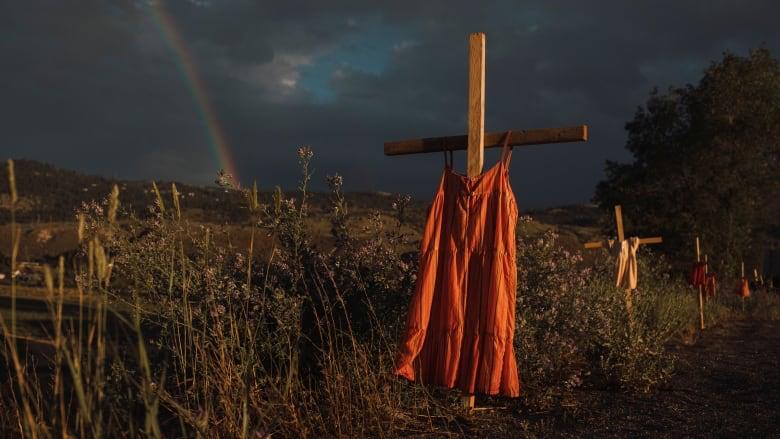
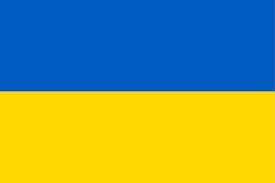
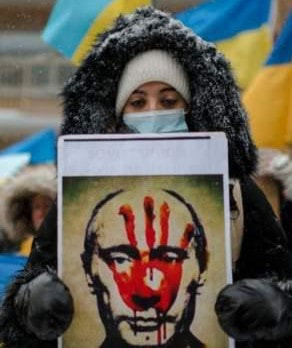
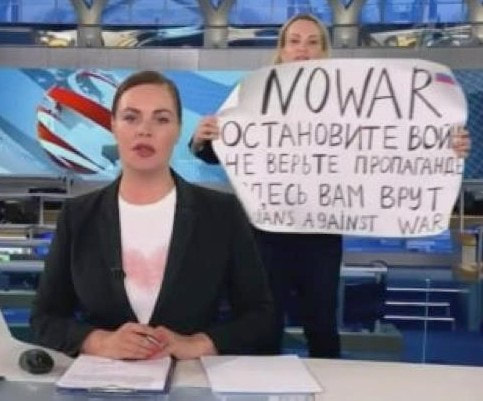
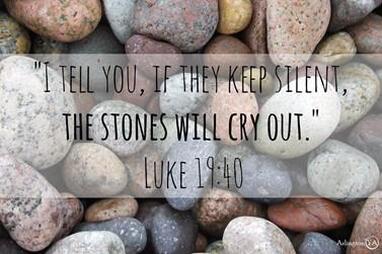
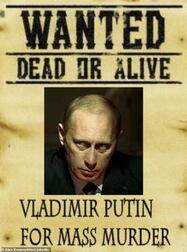
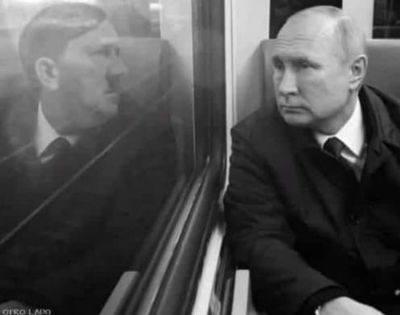
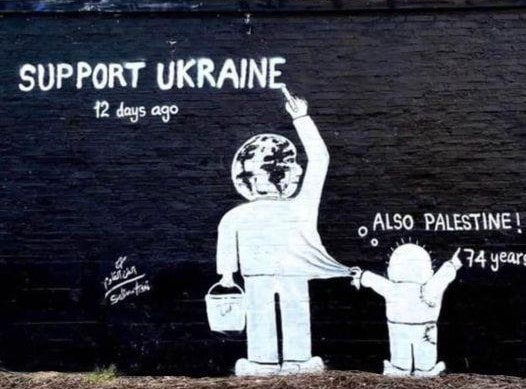
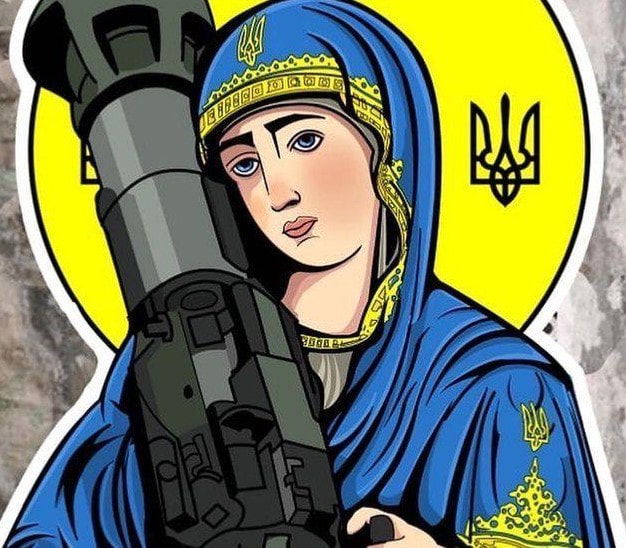

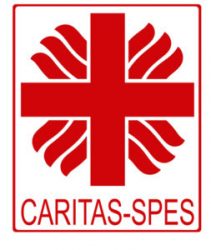
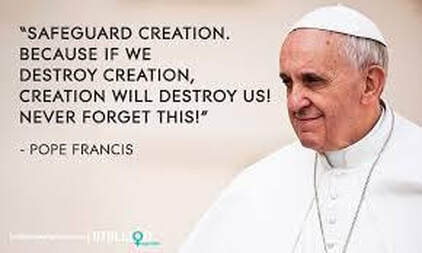
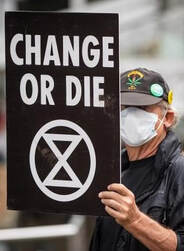

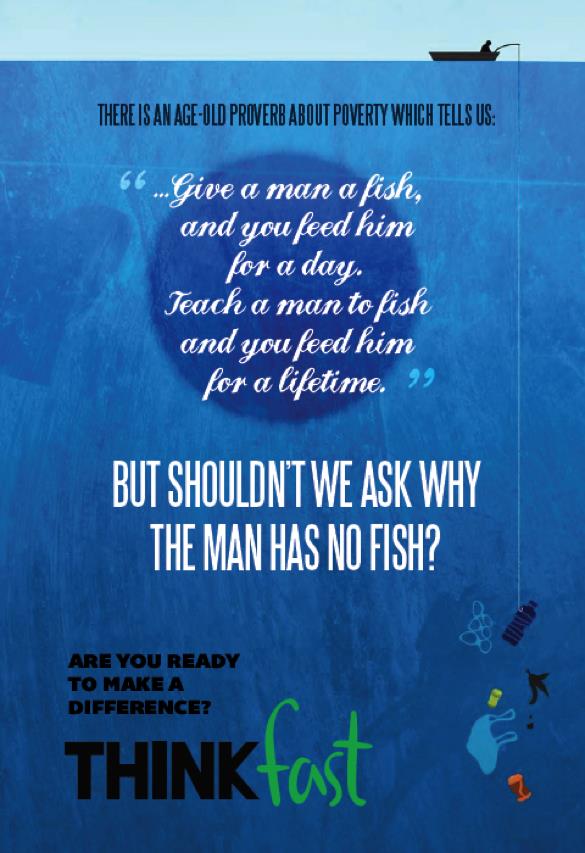

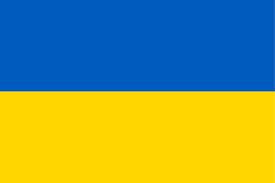
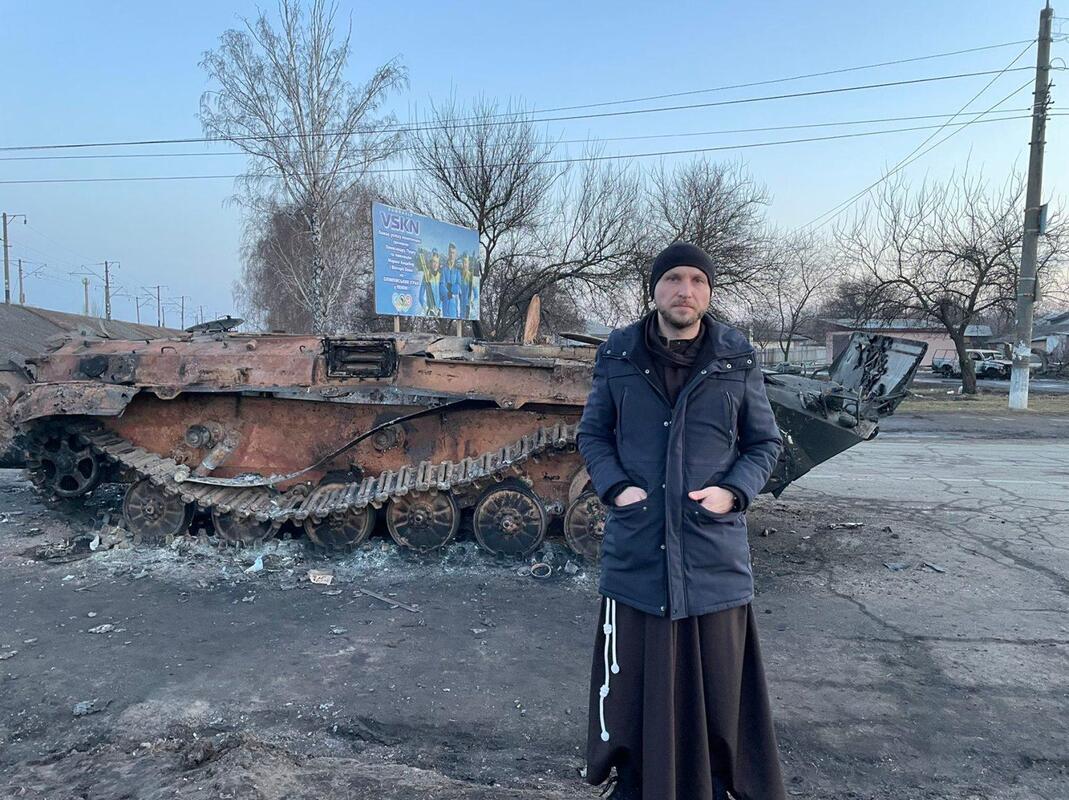
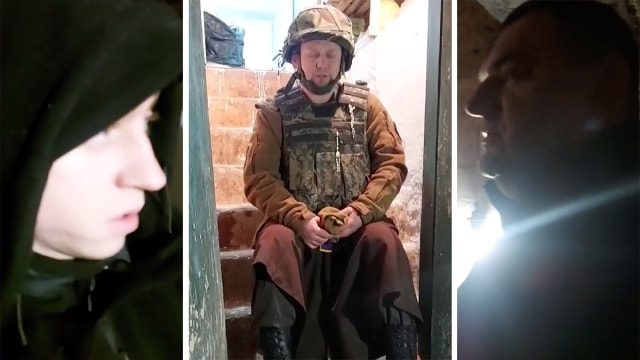
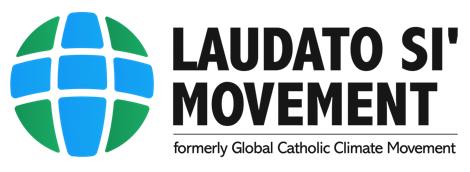

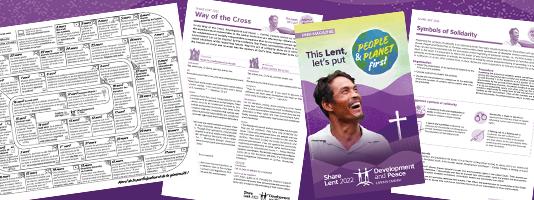

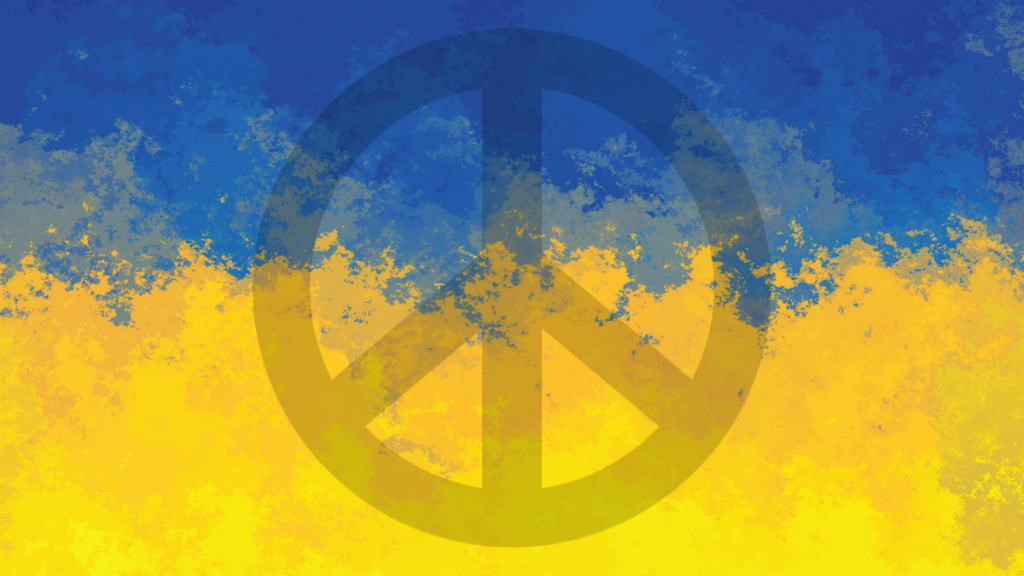
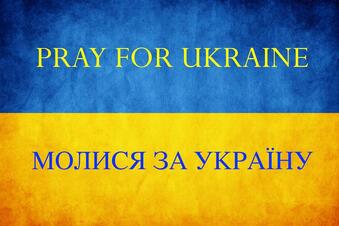
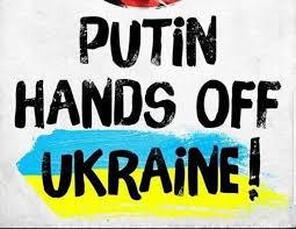
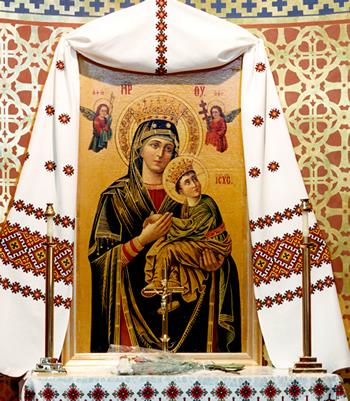

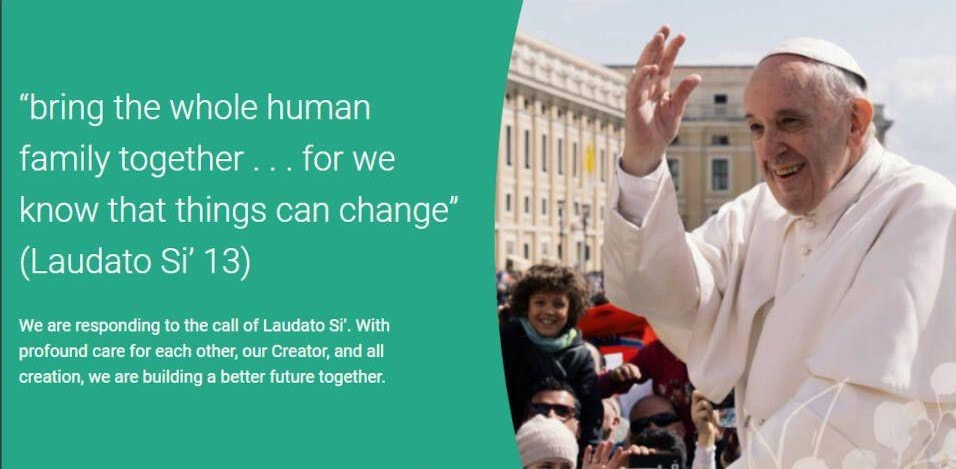
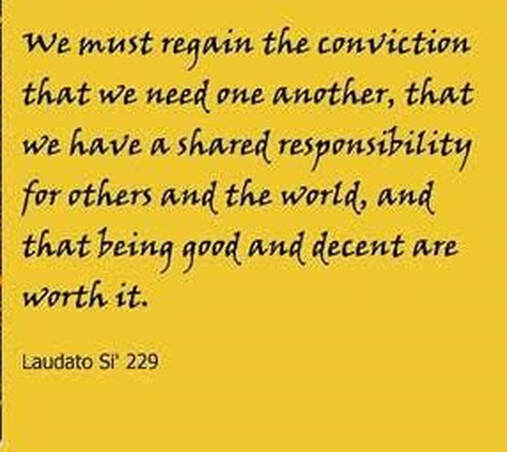

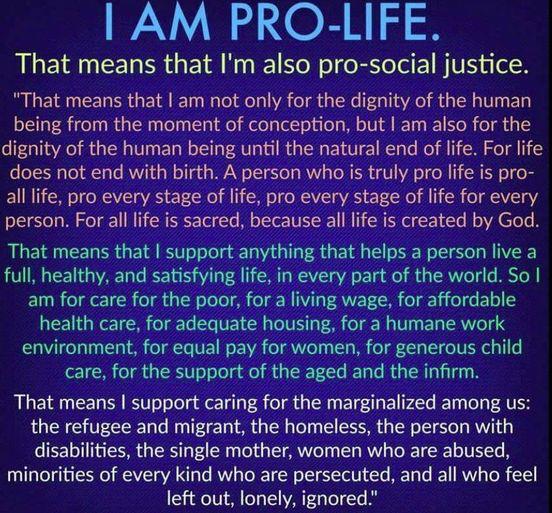




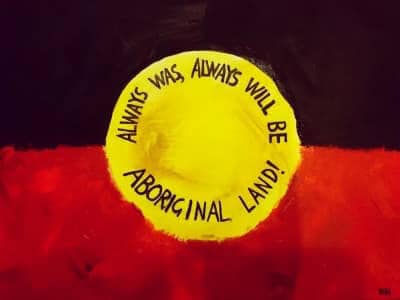
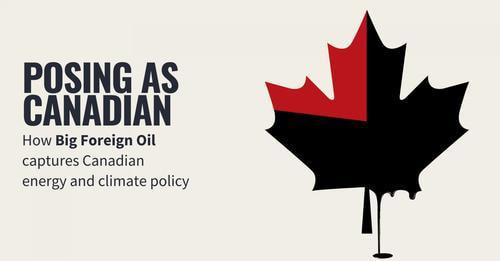
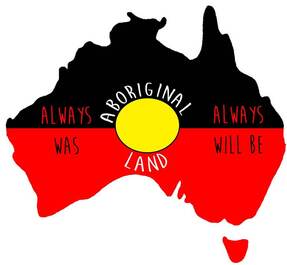


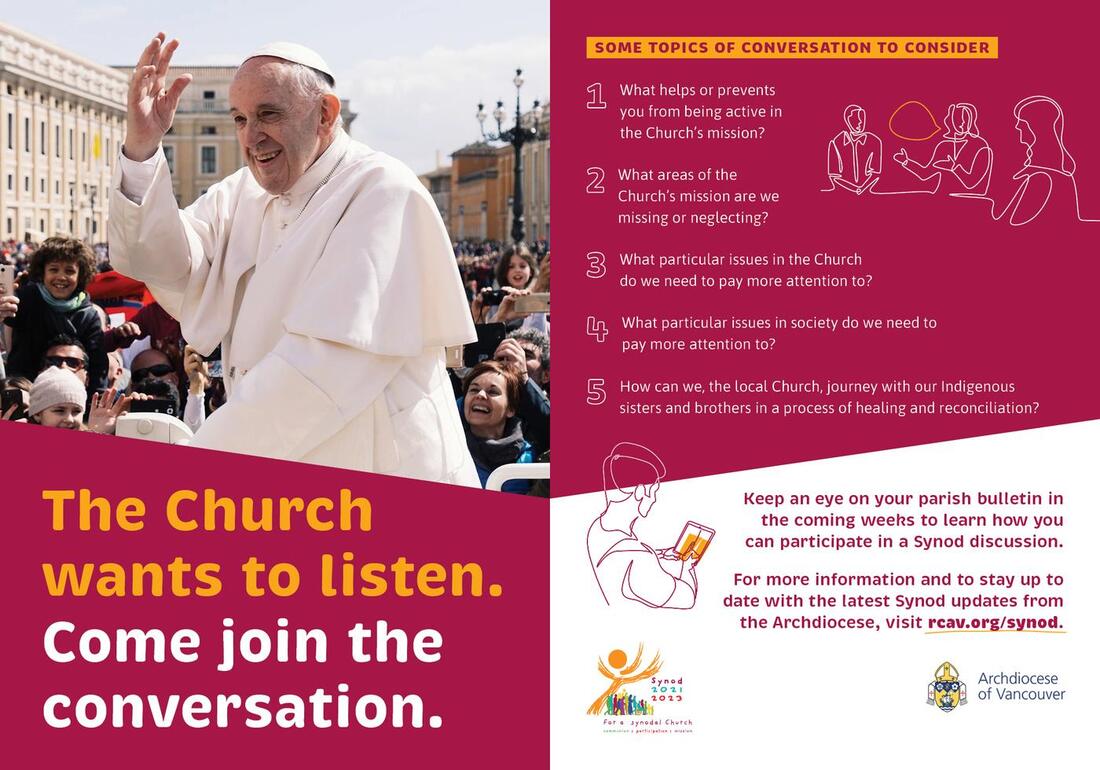
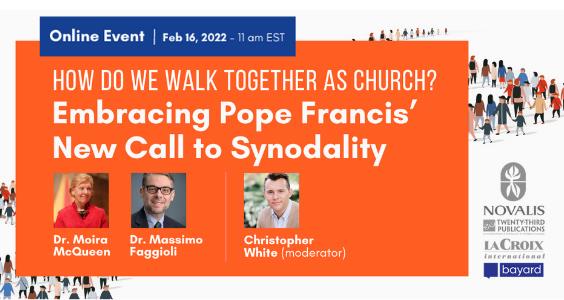
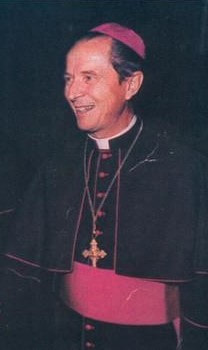

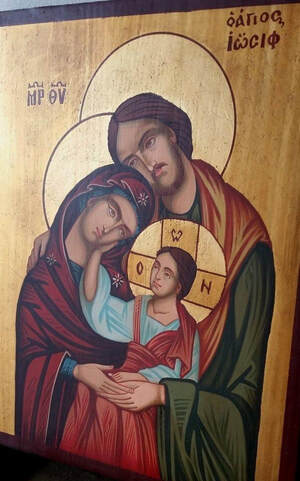
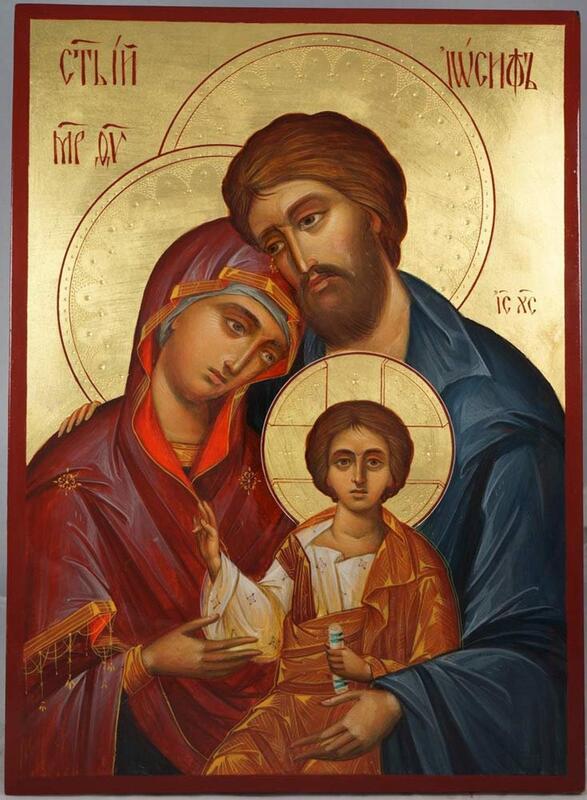
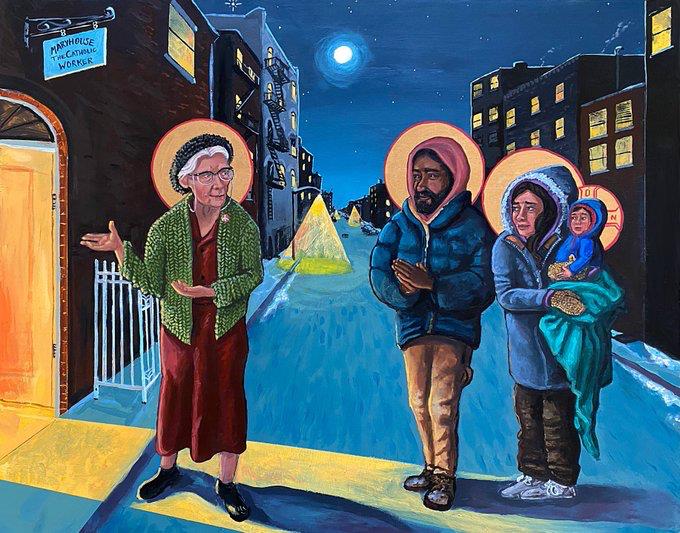
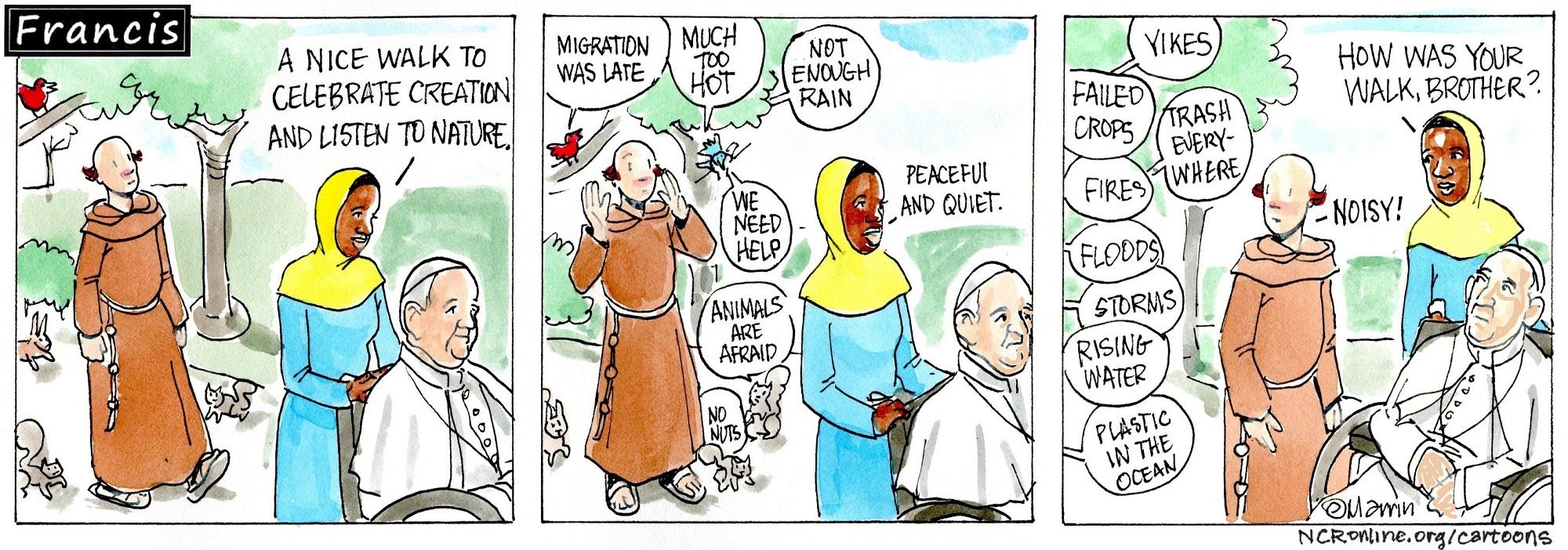
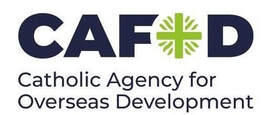

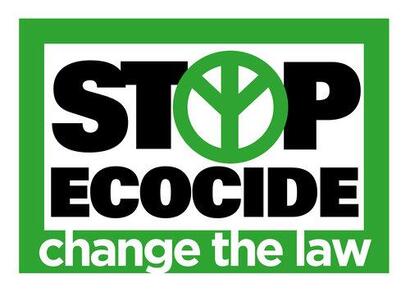
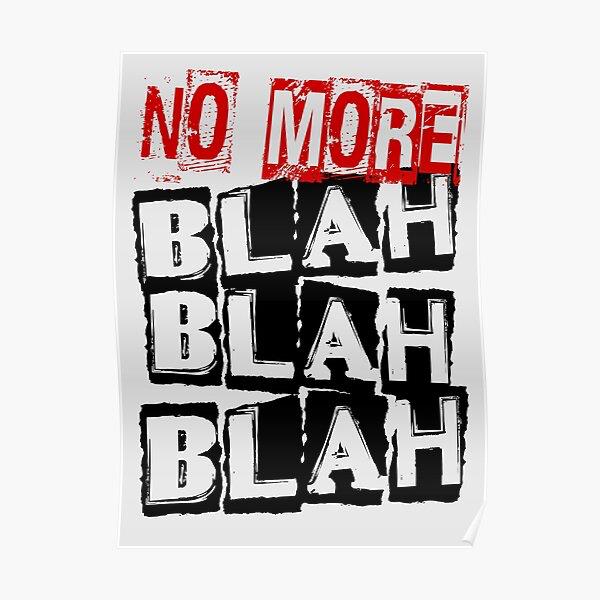
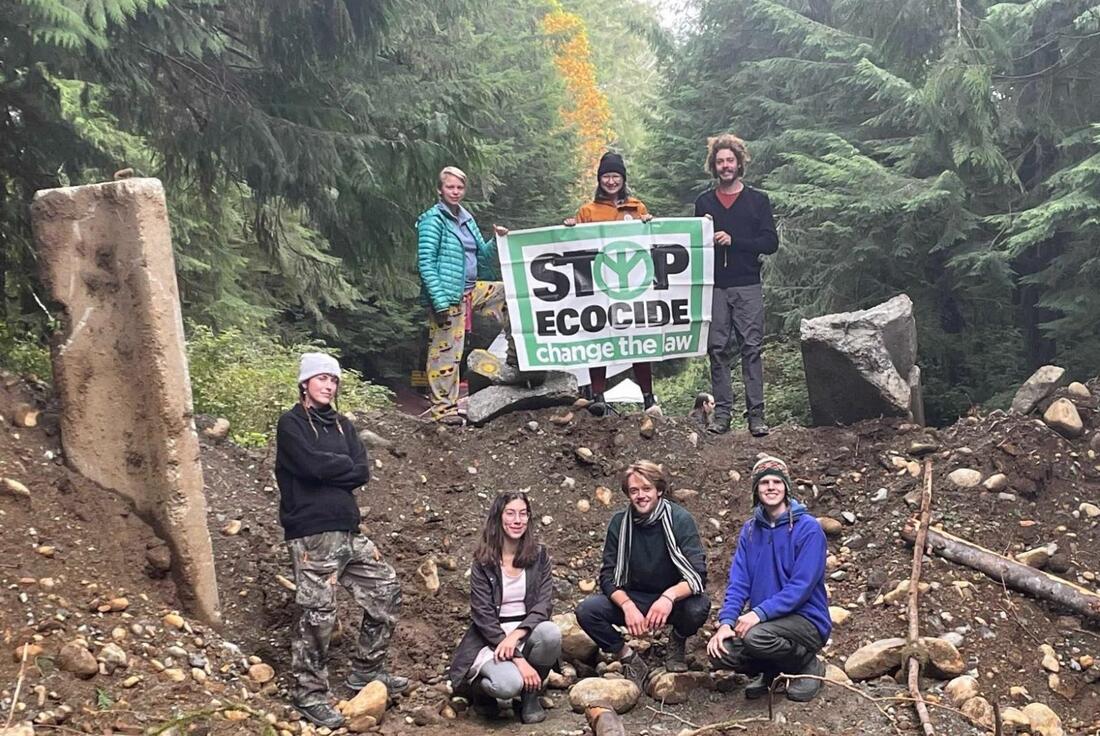
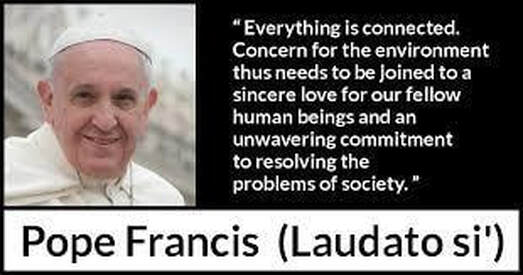
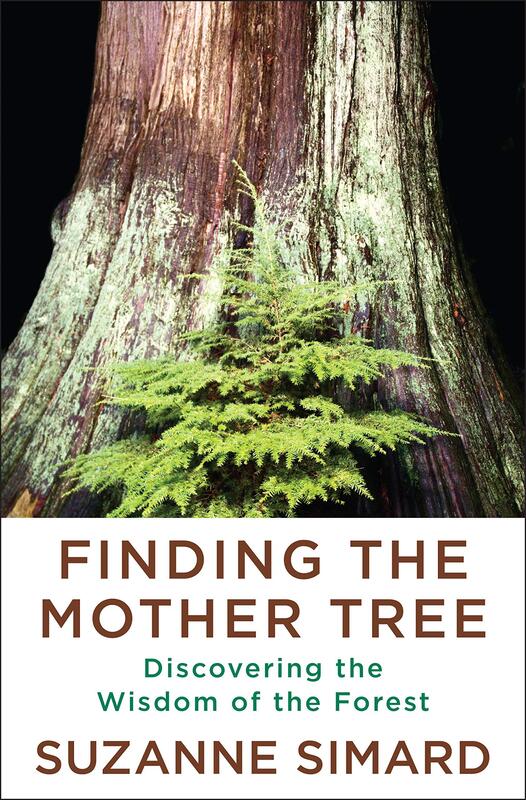
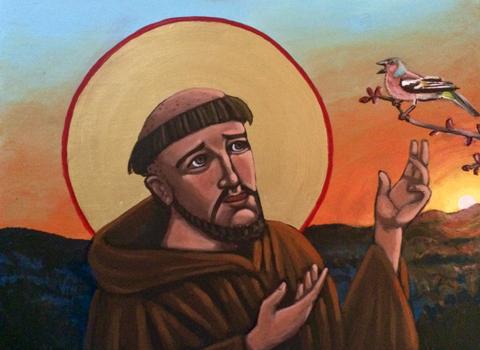
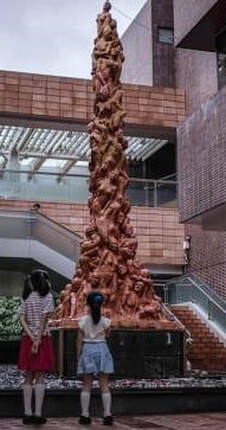
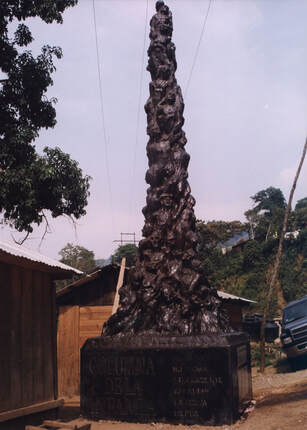
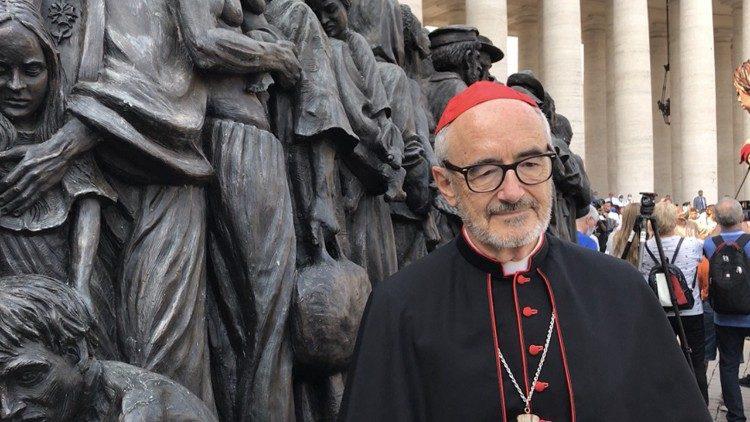
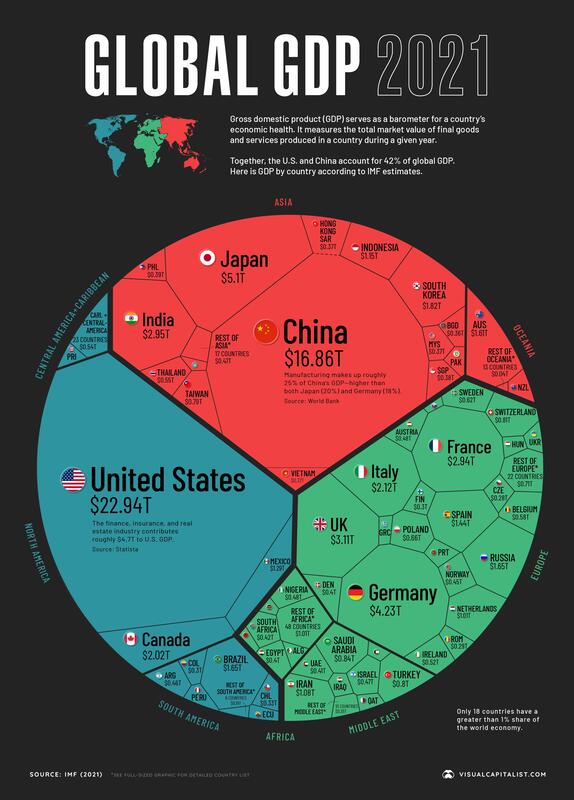
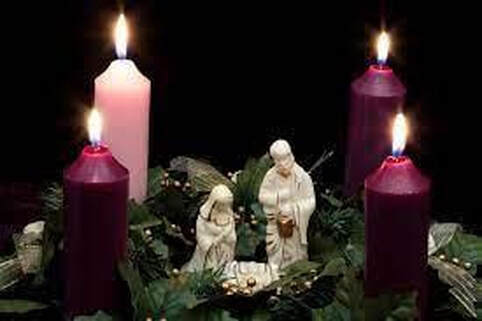
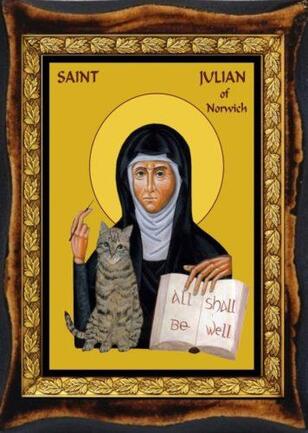
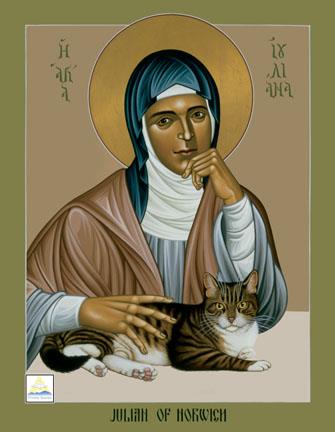
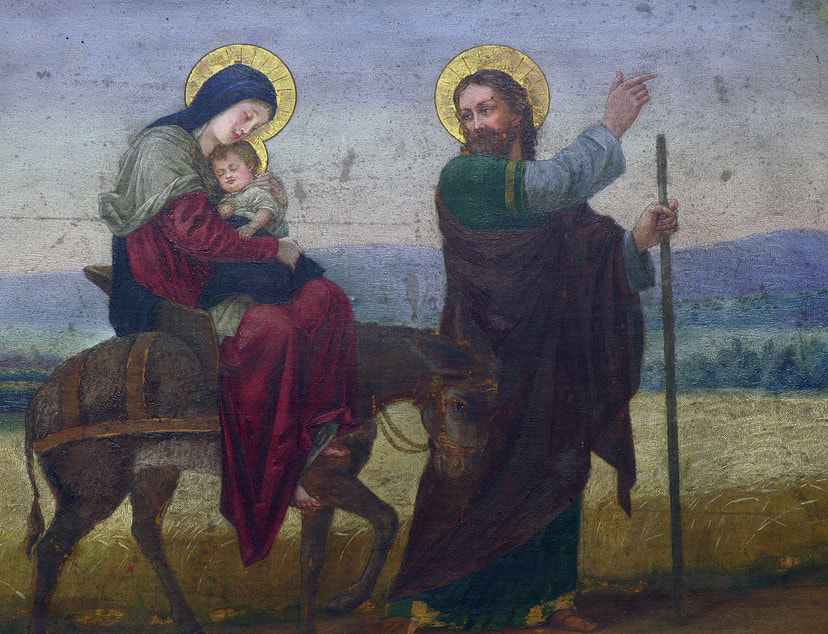
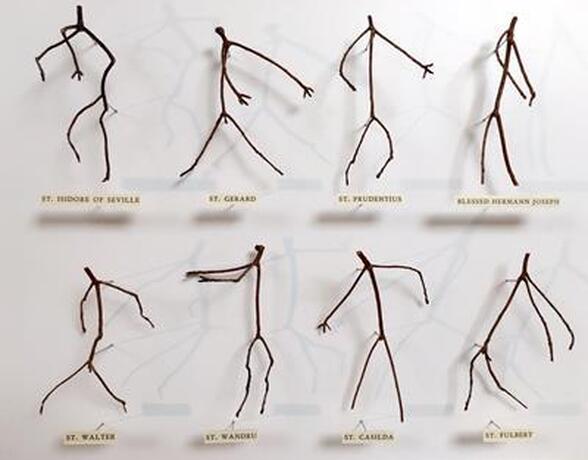
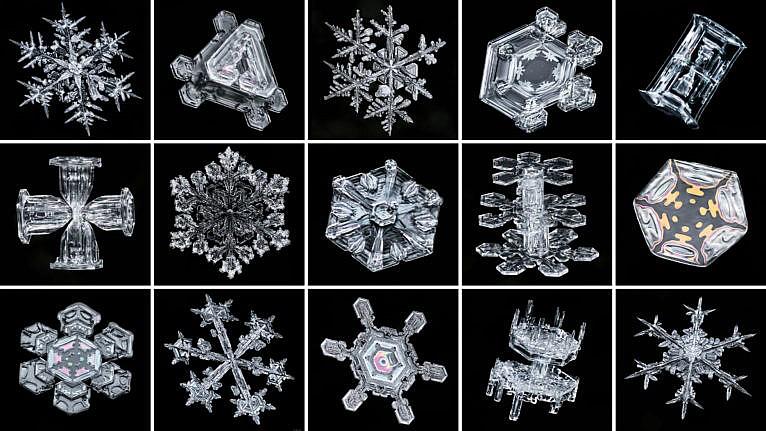
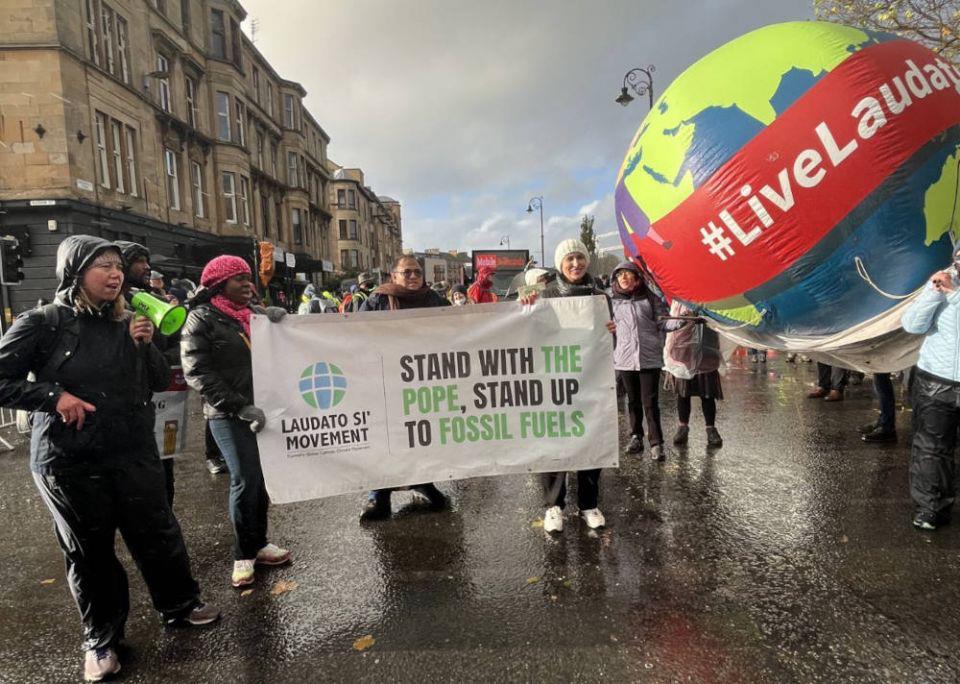
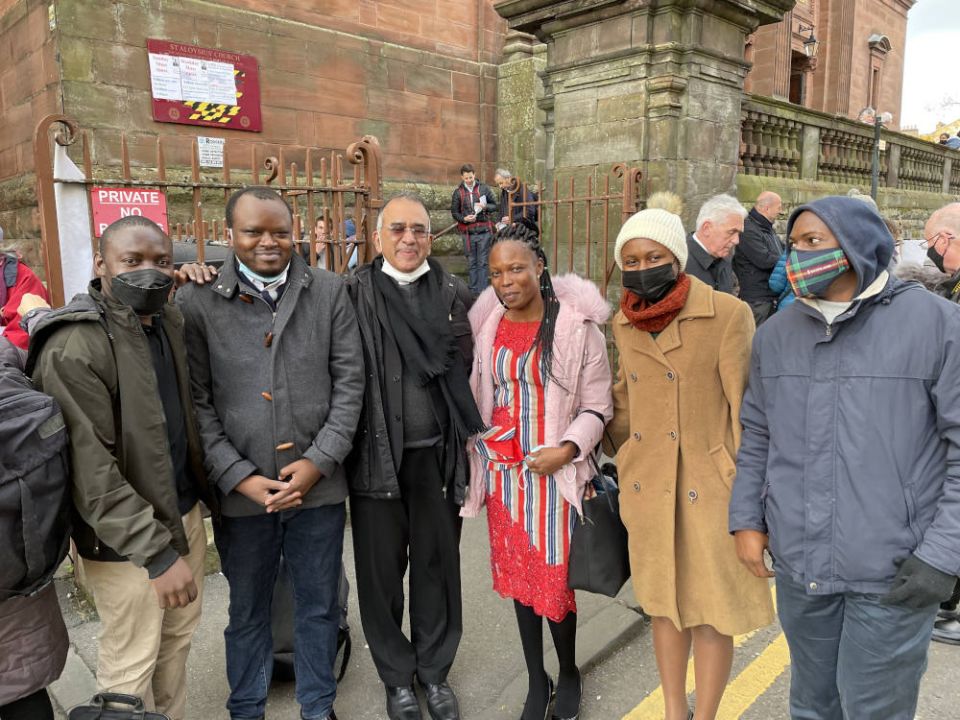
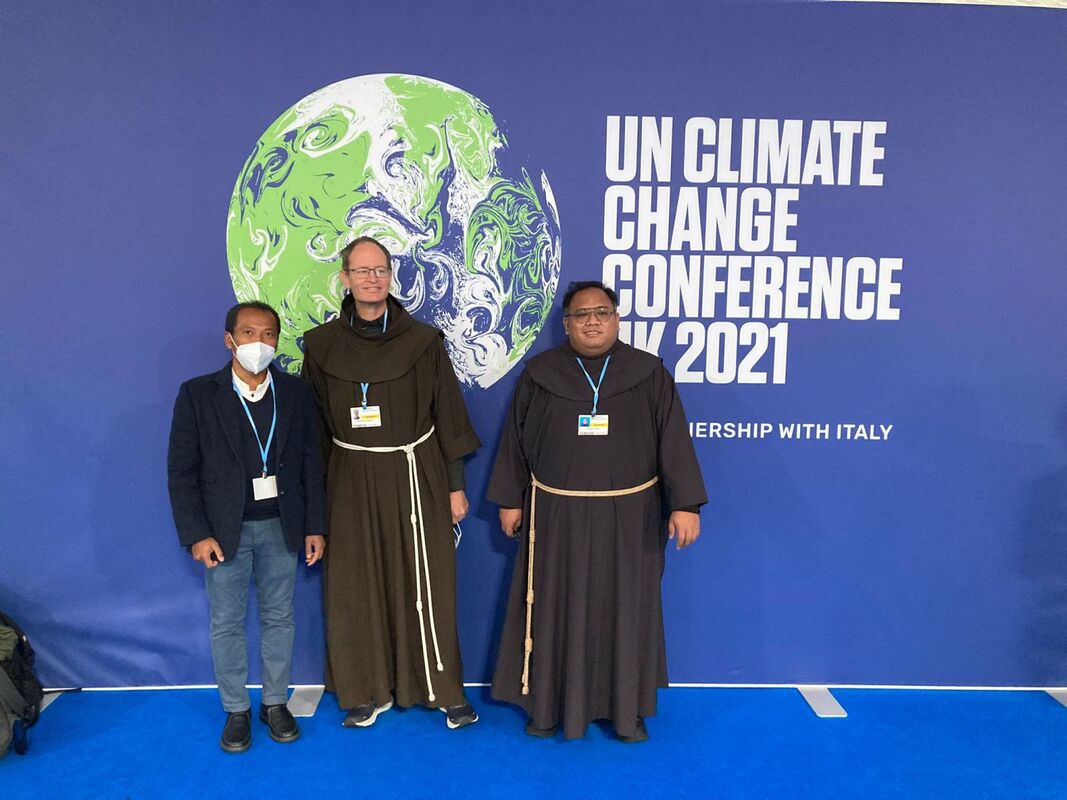
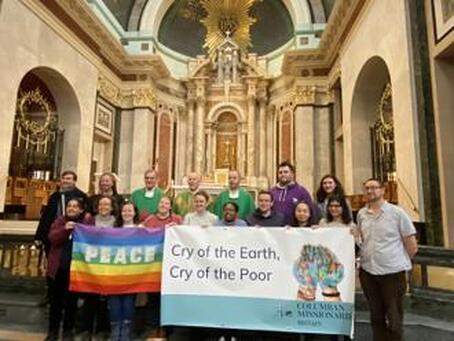
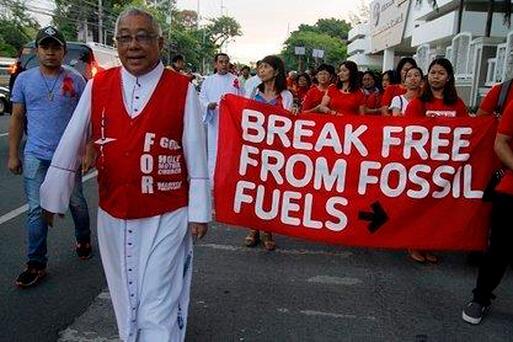
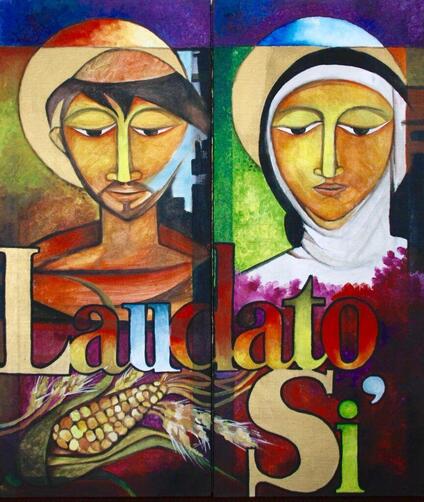
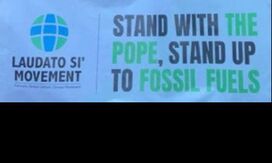
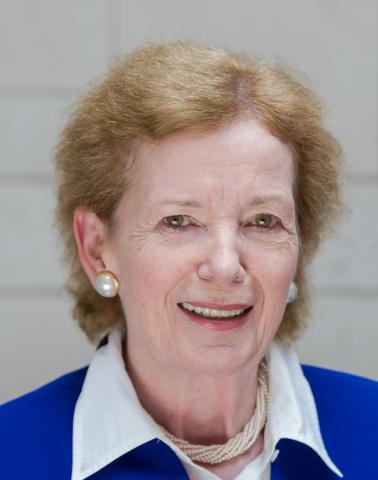
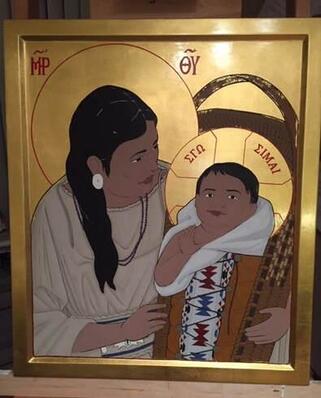


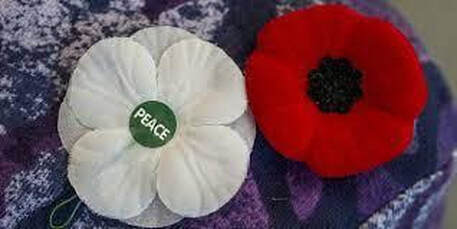
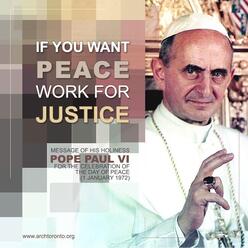
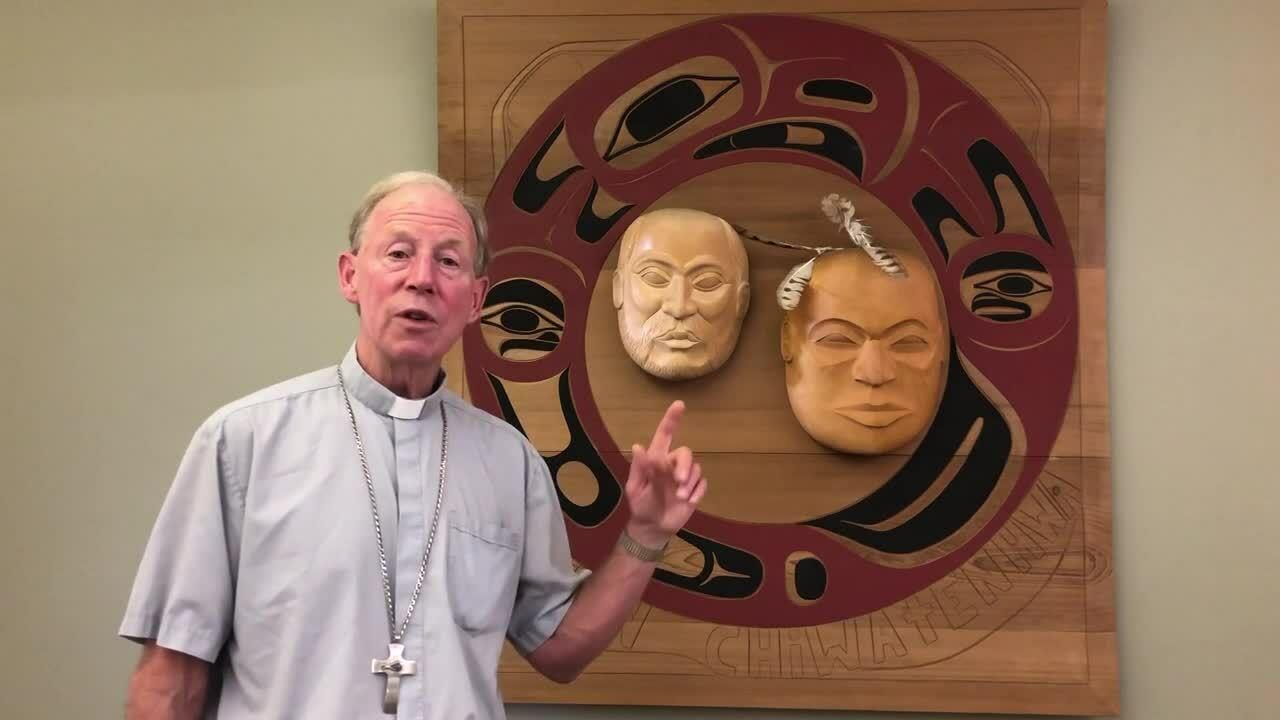
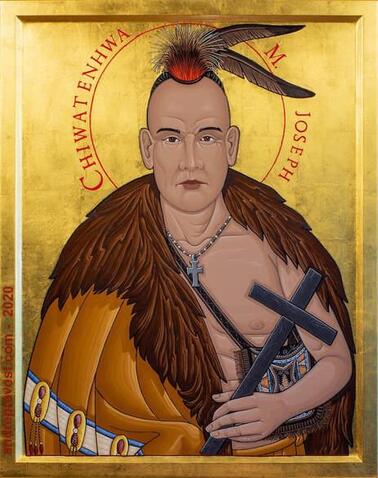


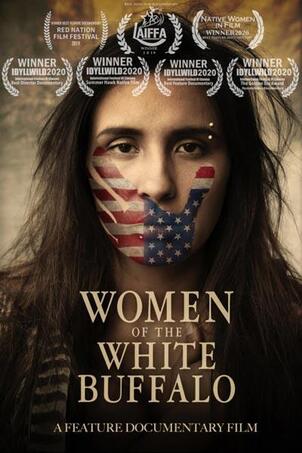

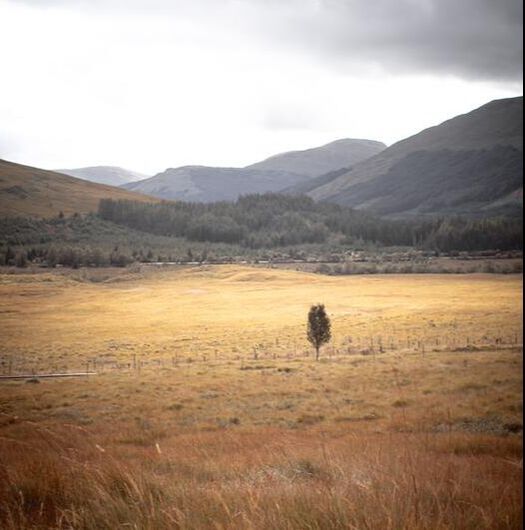
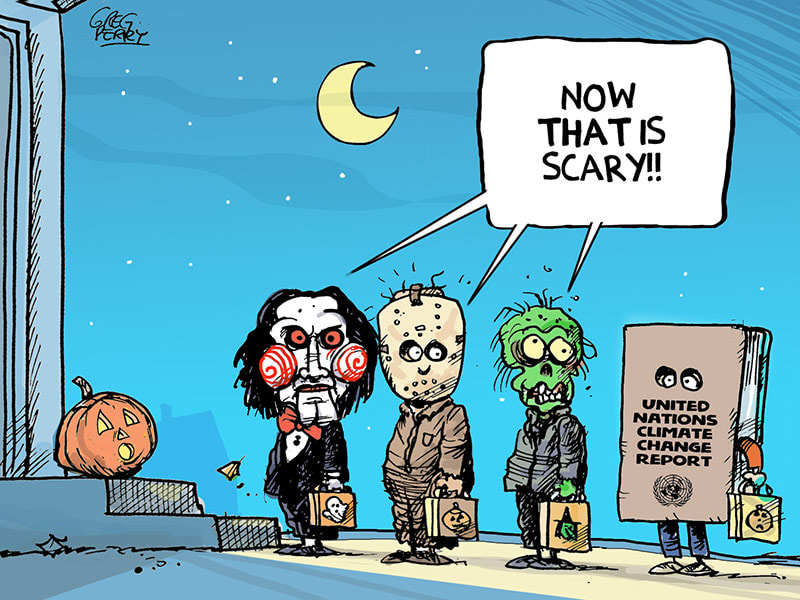
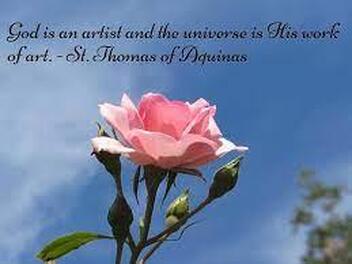
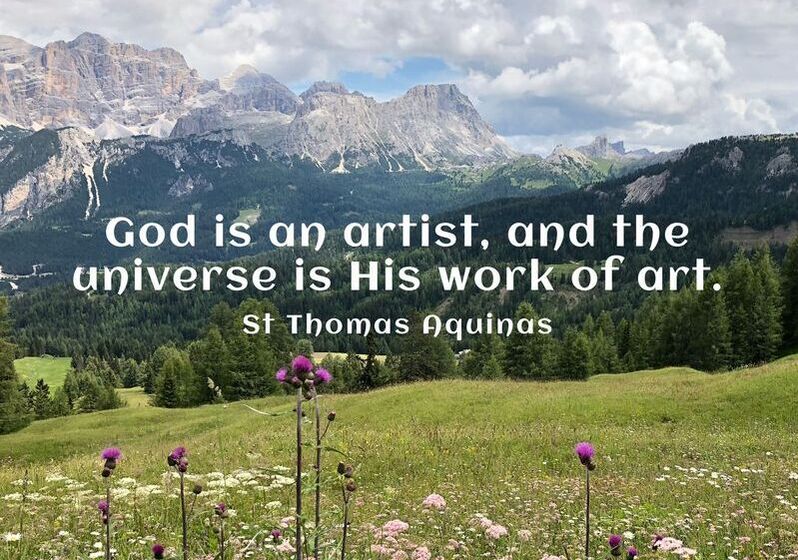



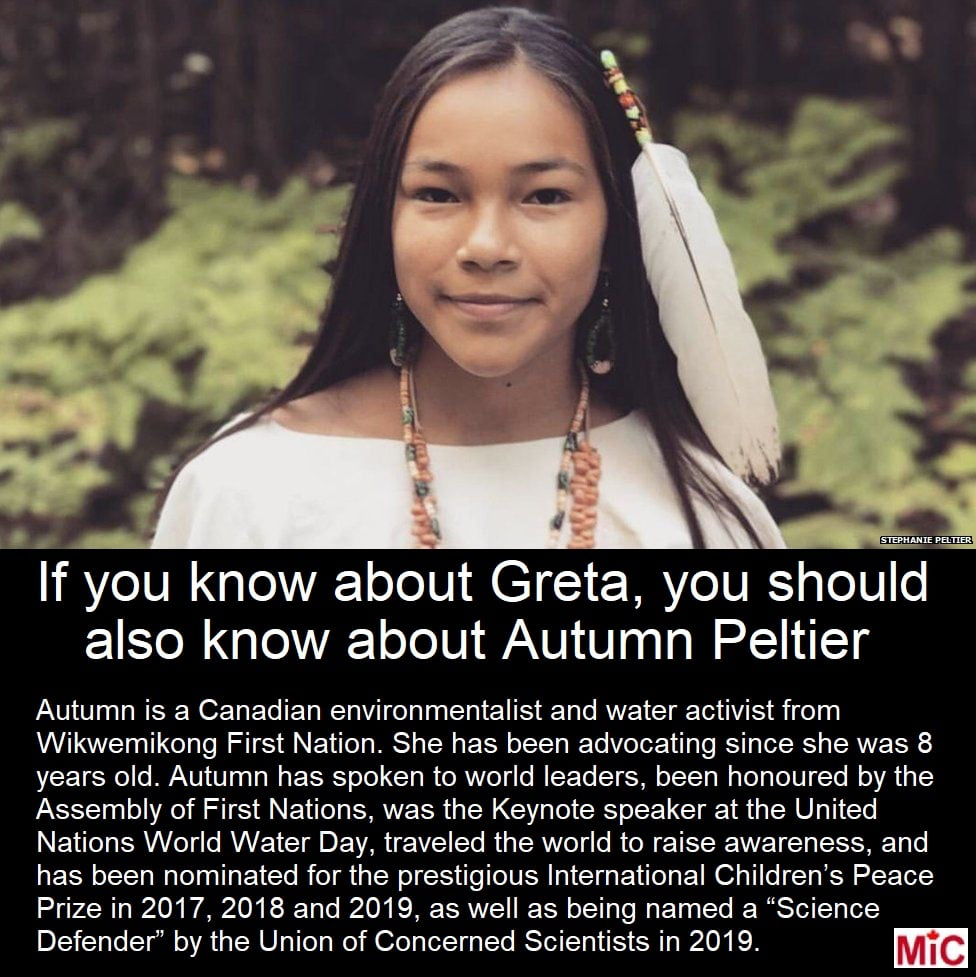
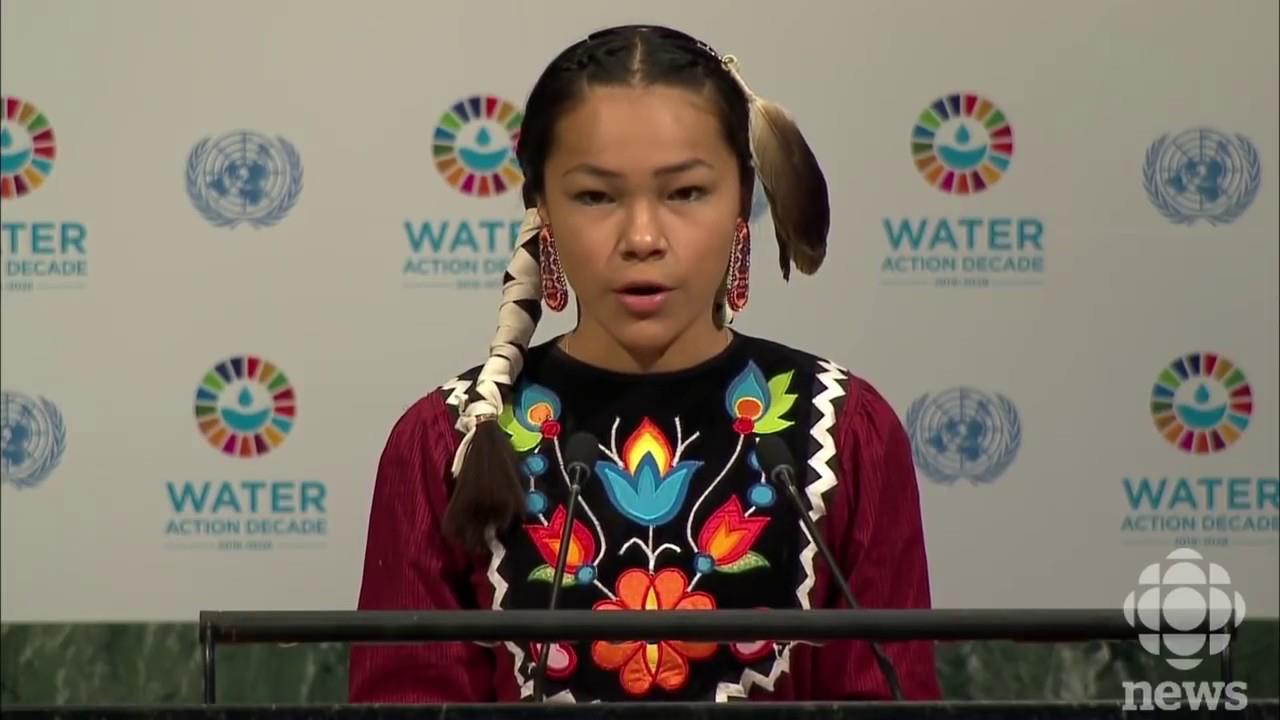
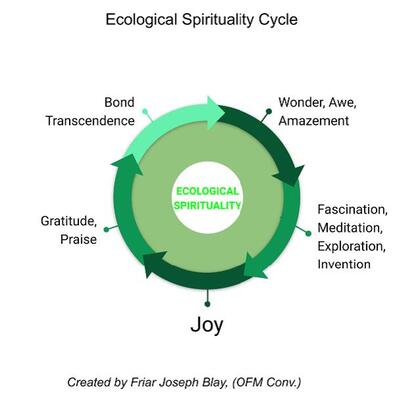
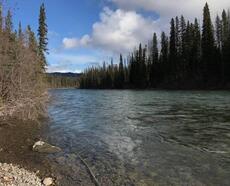
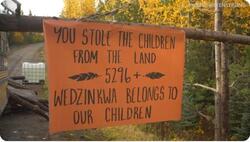


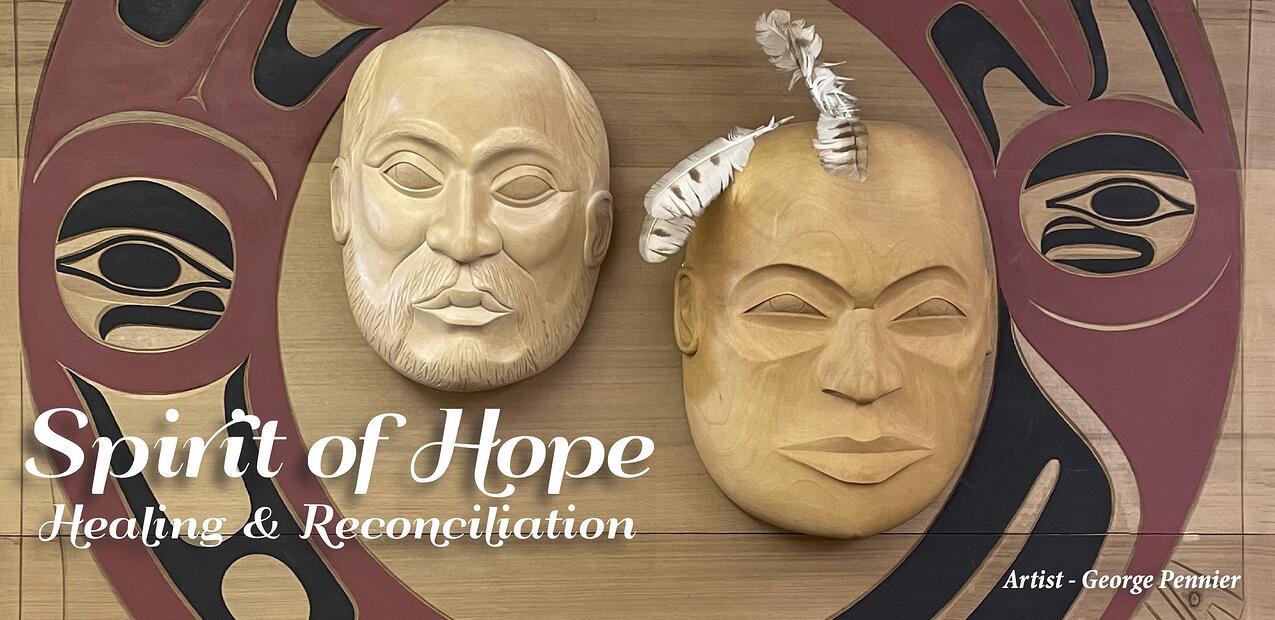

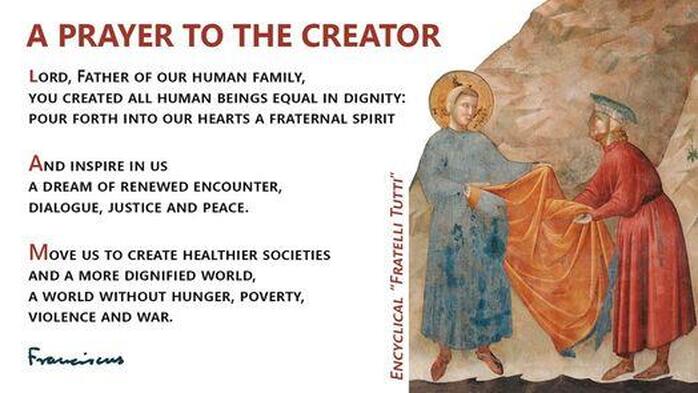
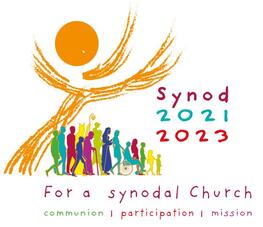
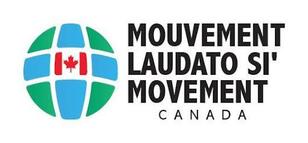
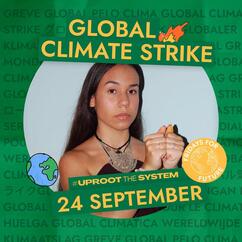
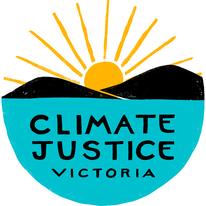
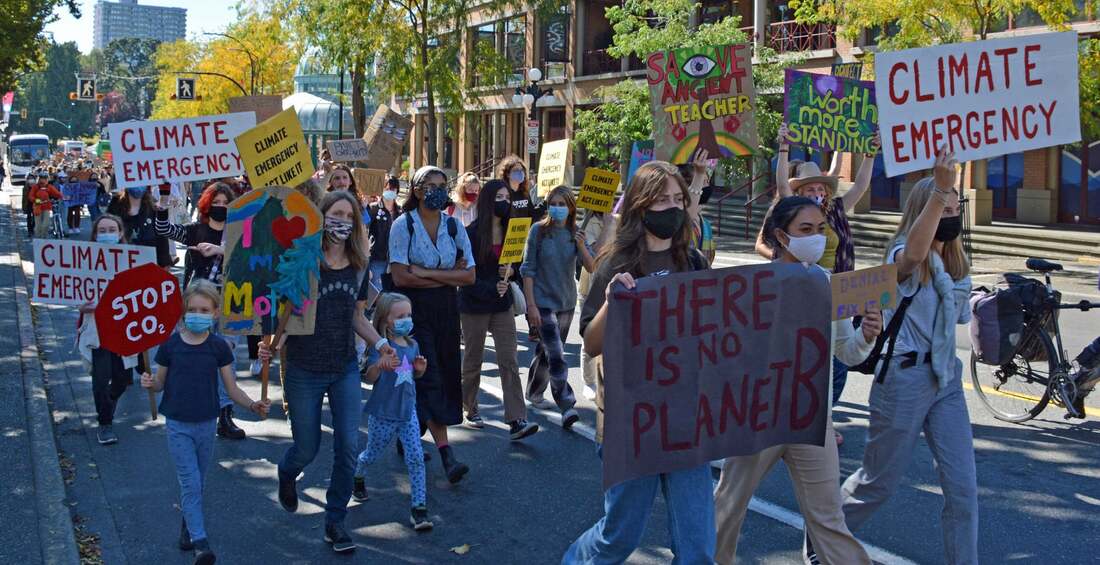
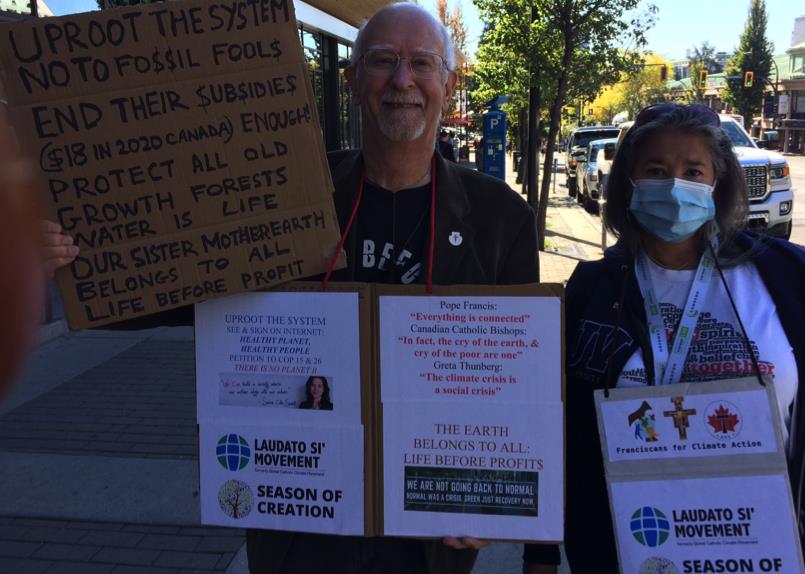
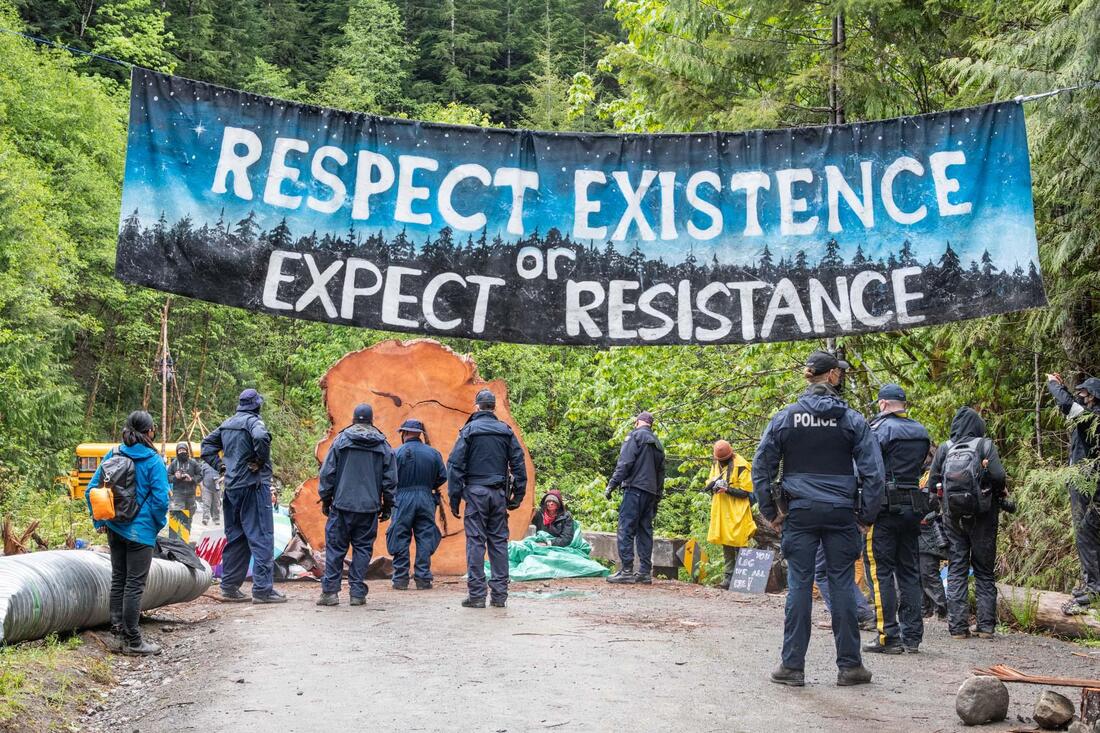
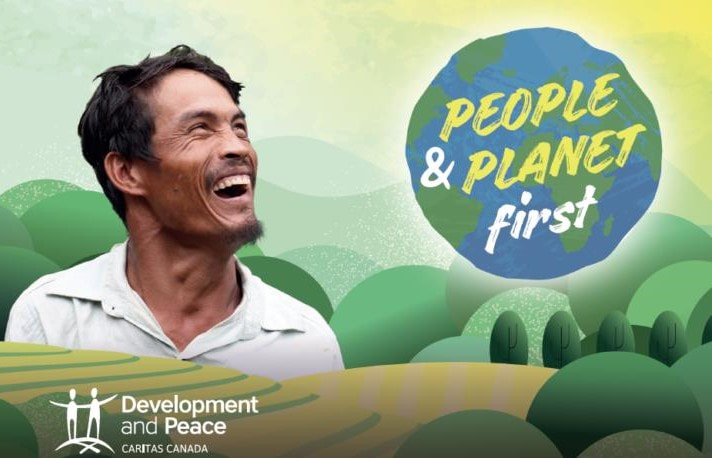
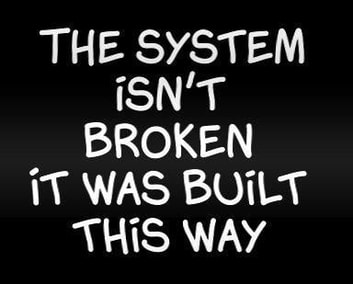
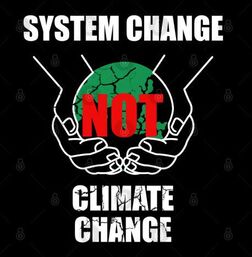

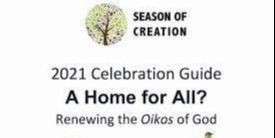
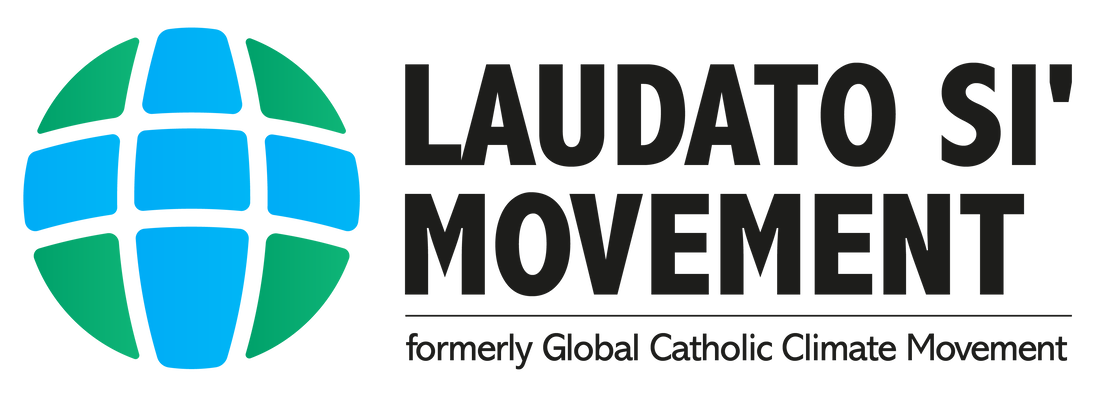

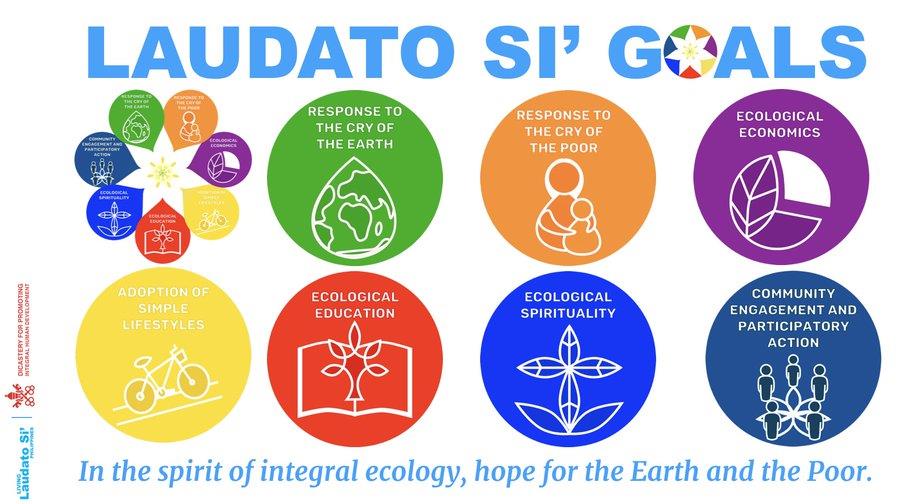
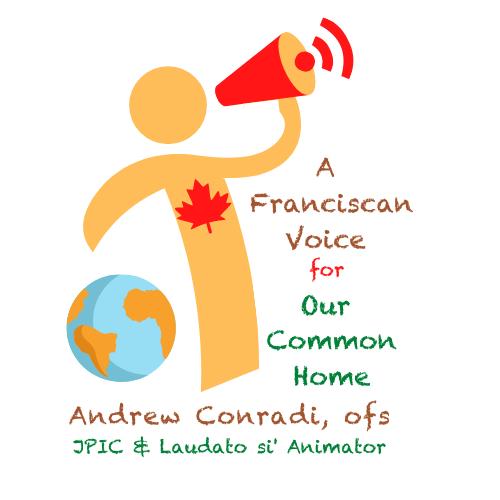
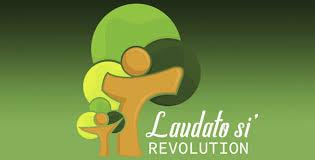
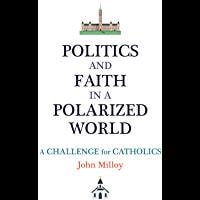
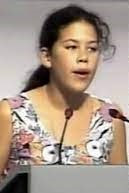
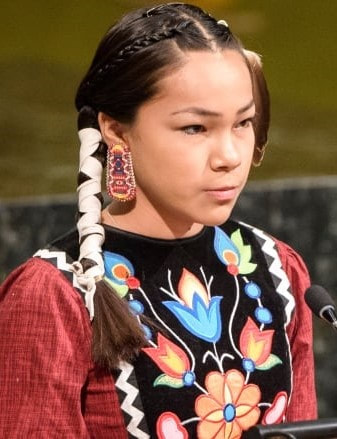
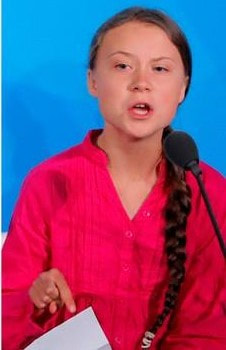
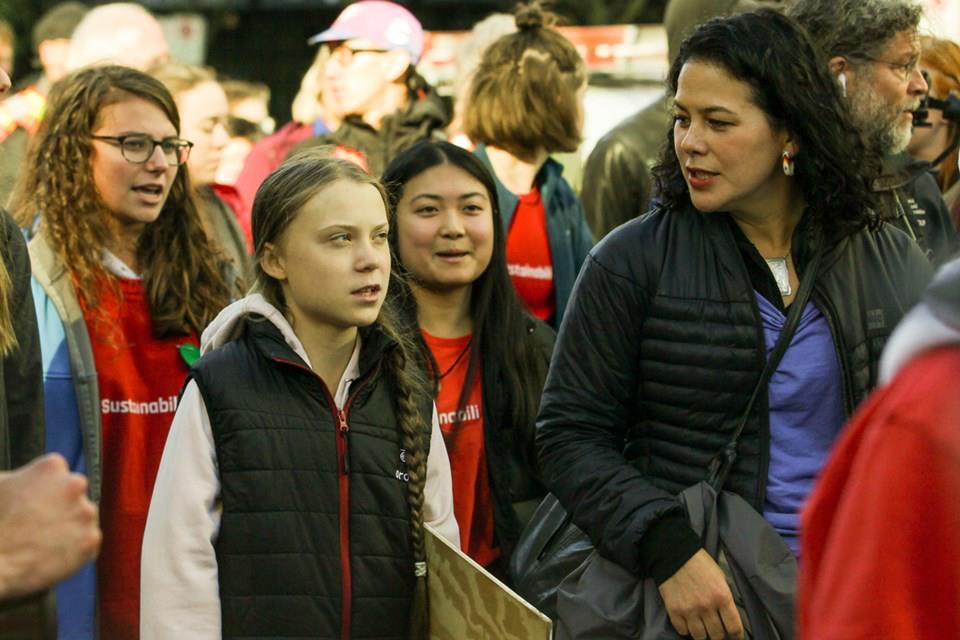

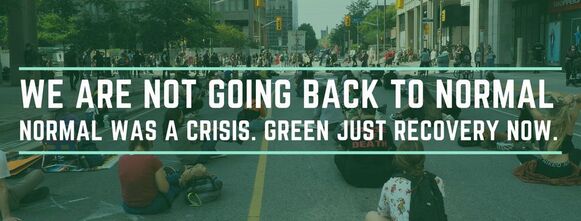
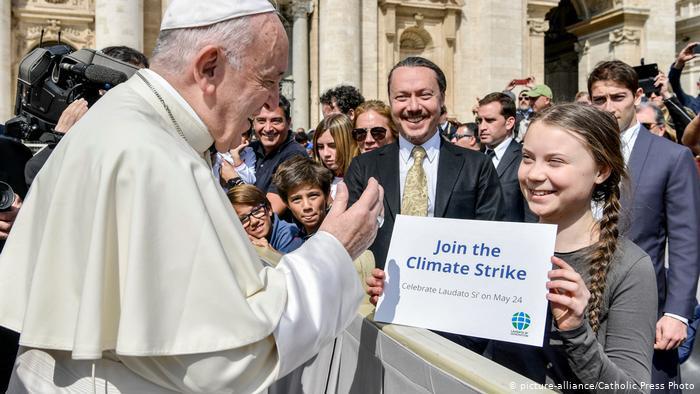
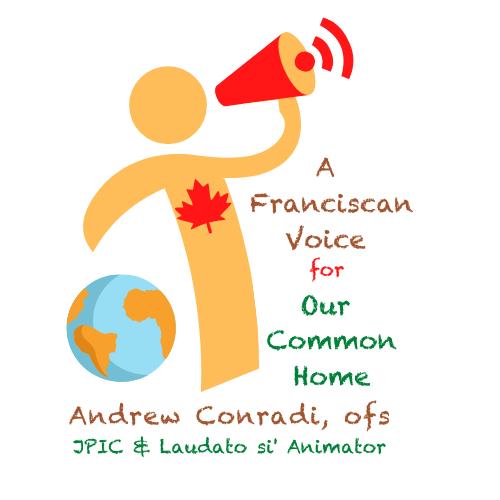
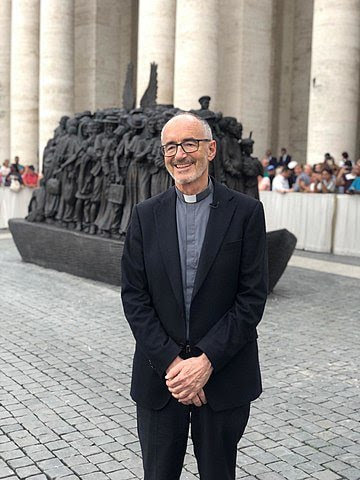
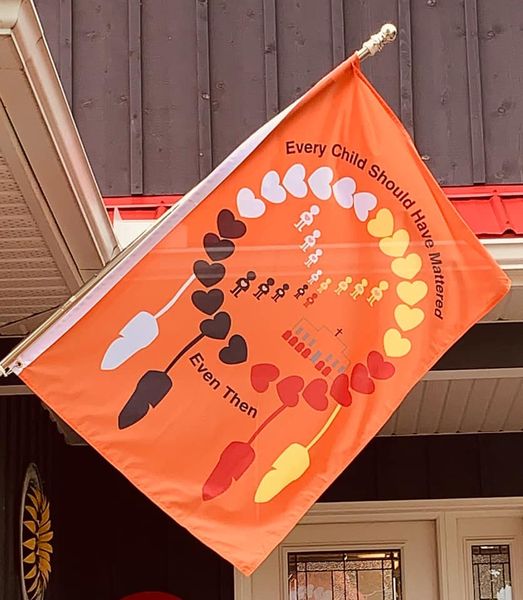
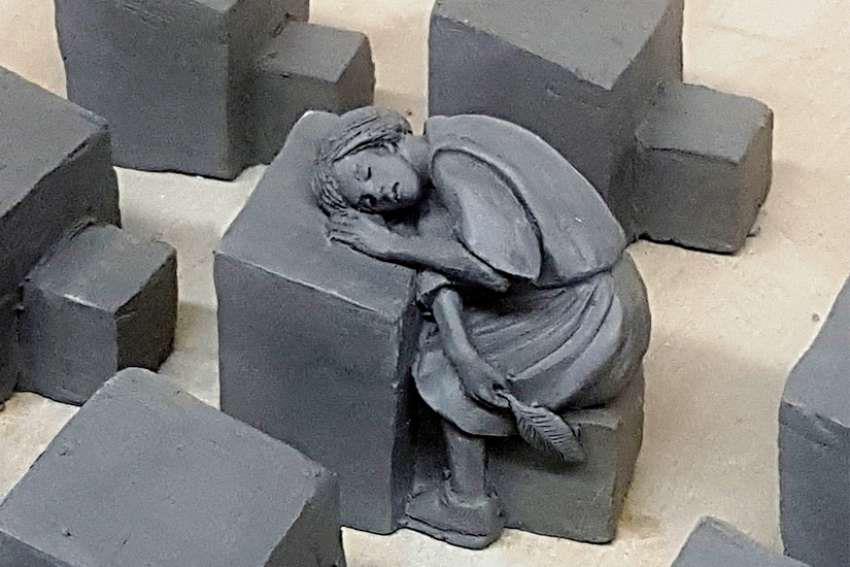
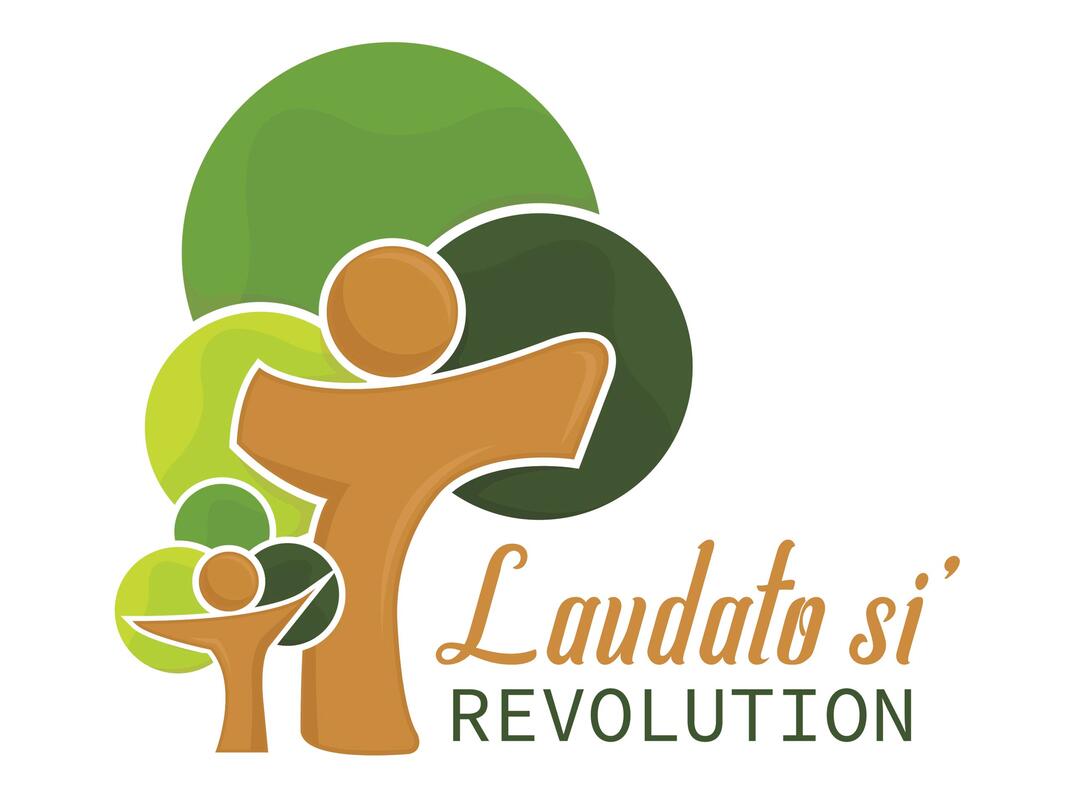
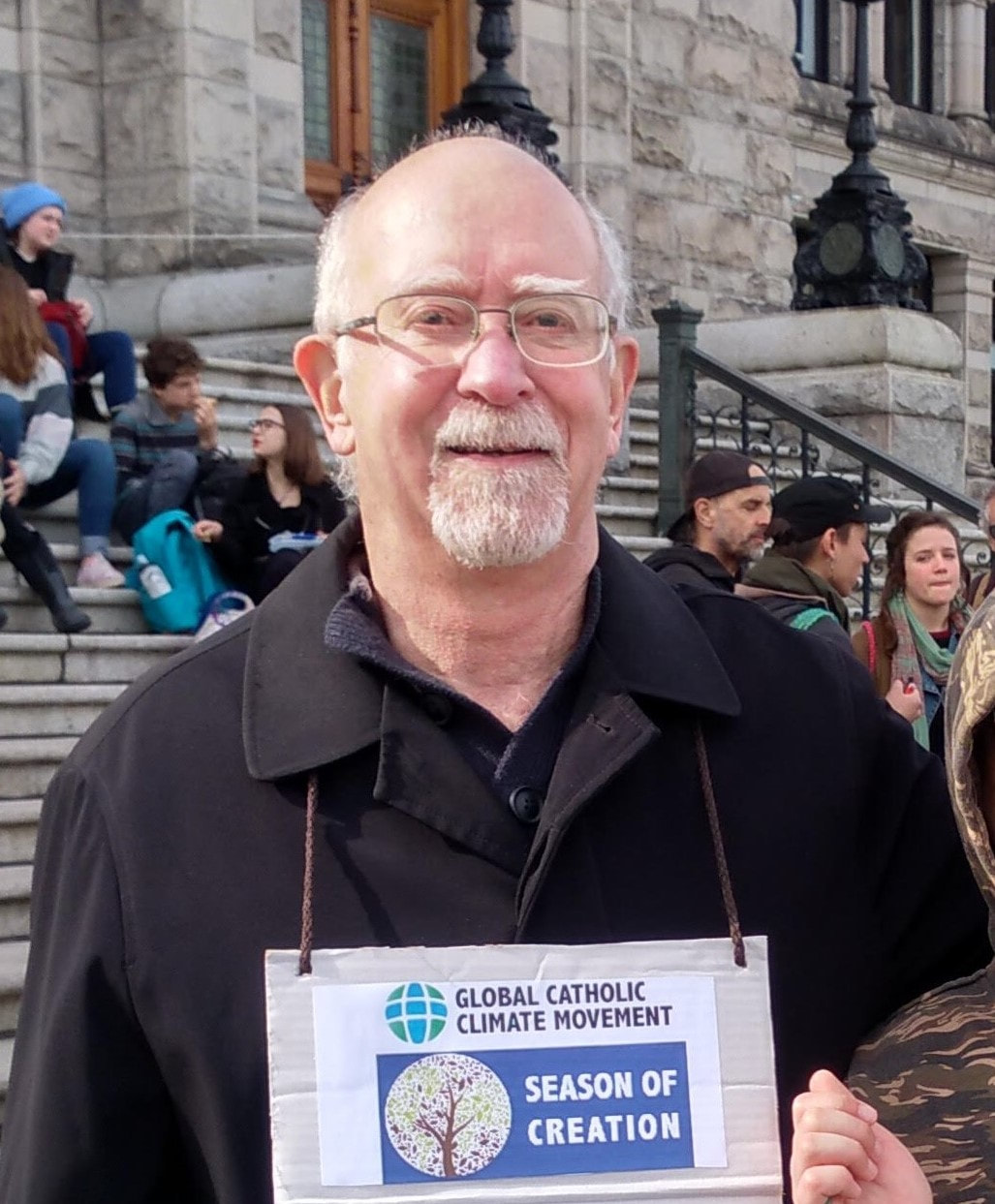

 RSS Feed
RSS Feed